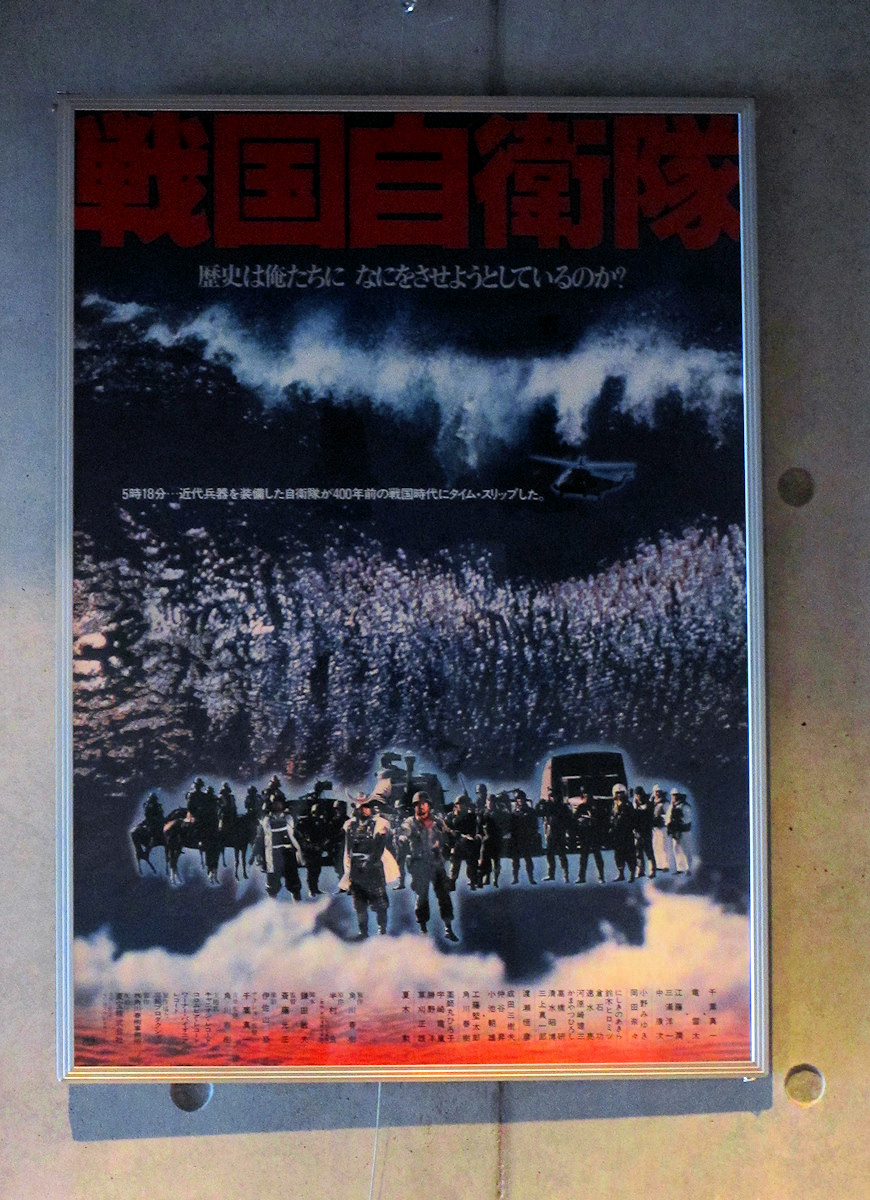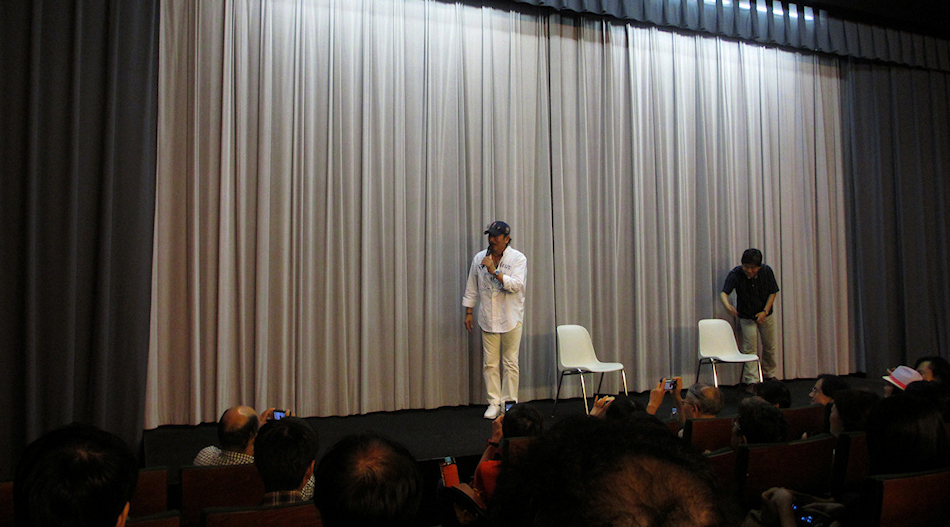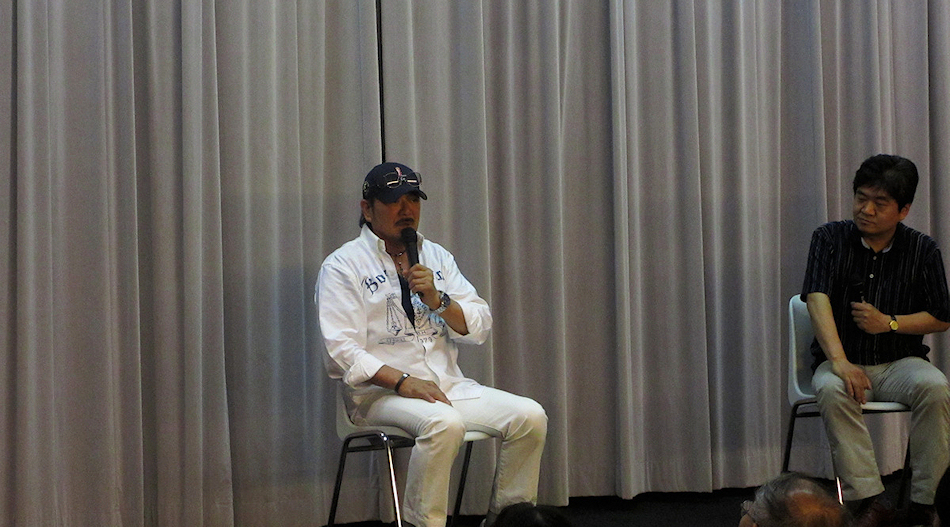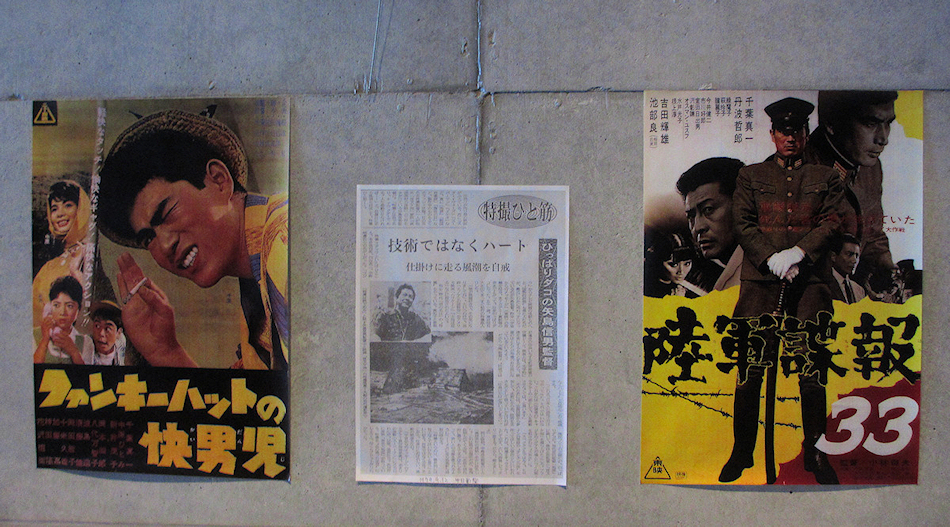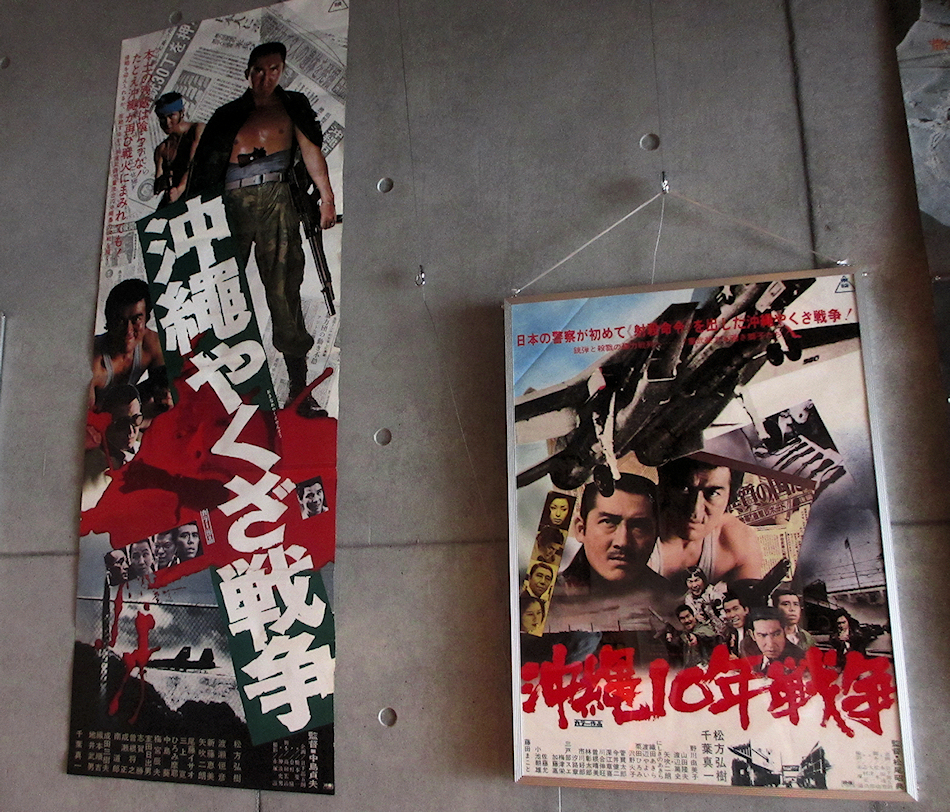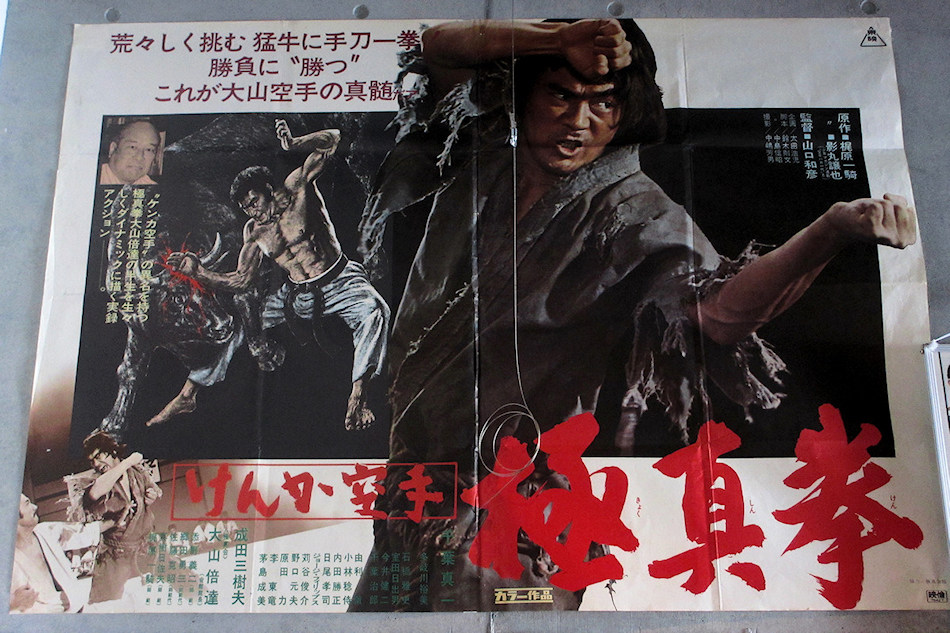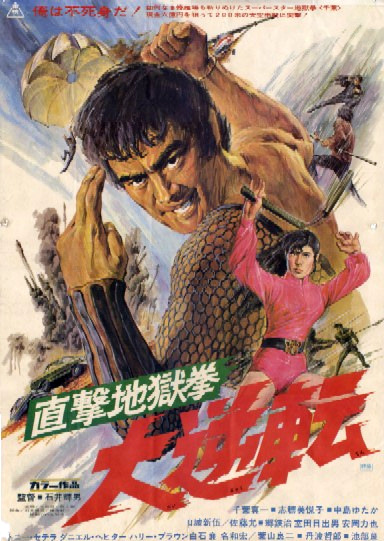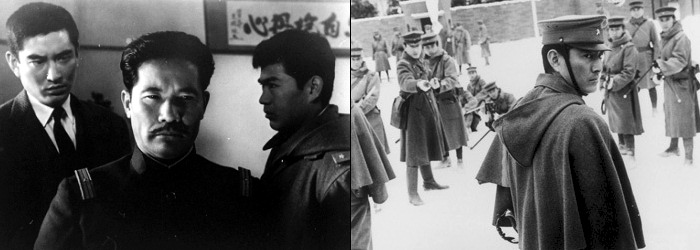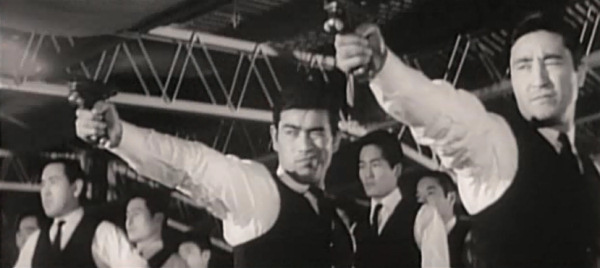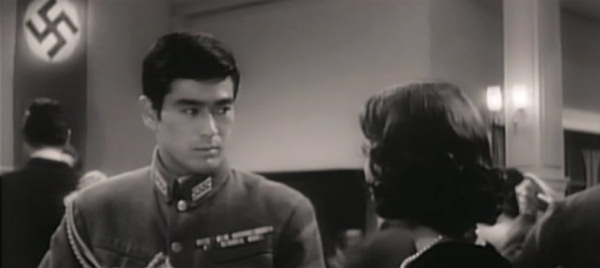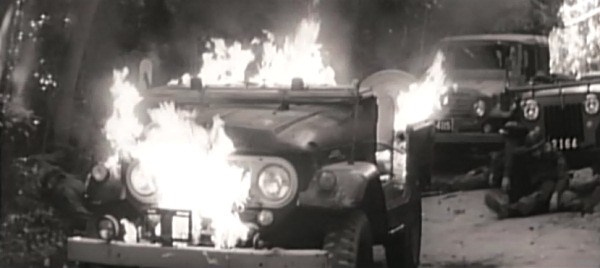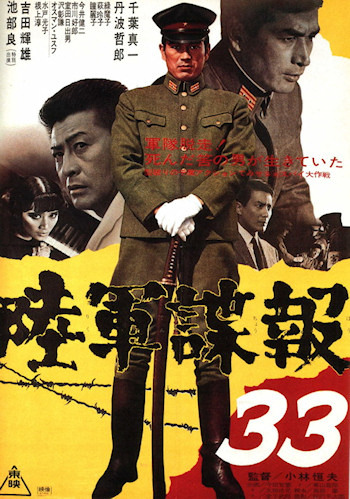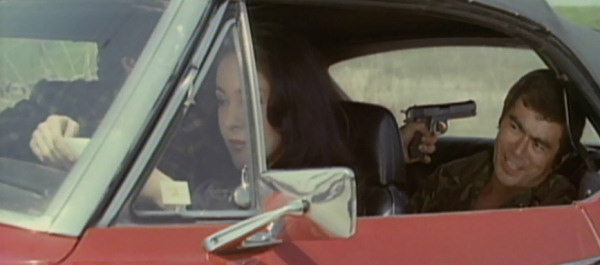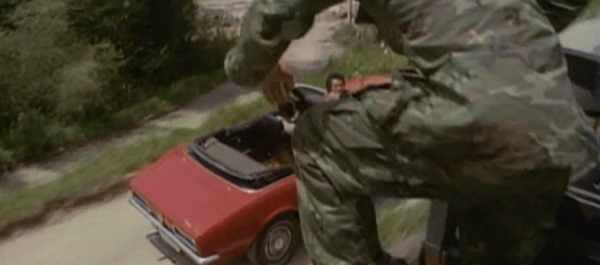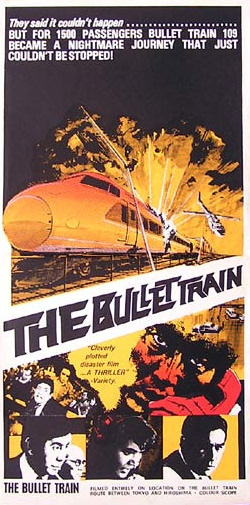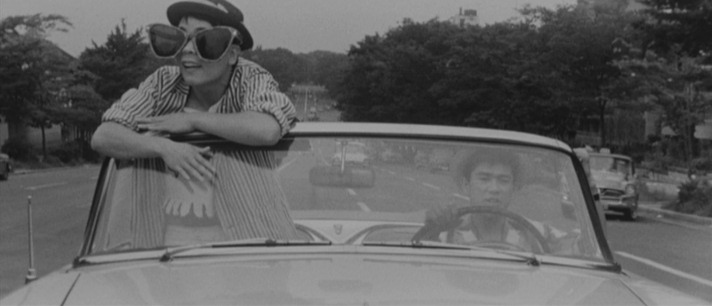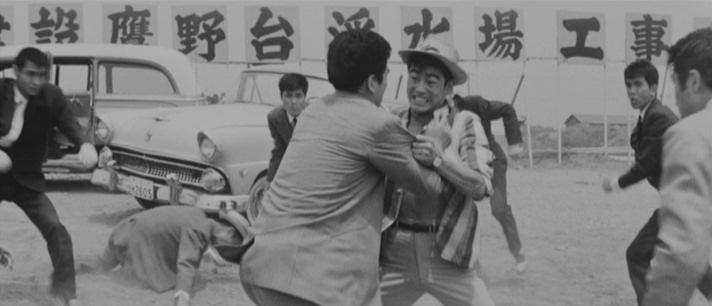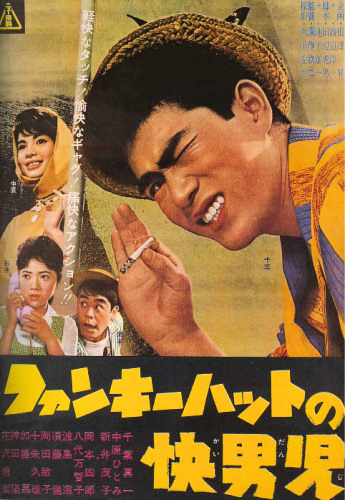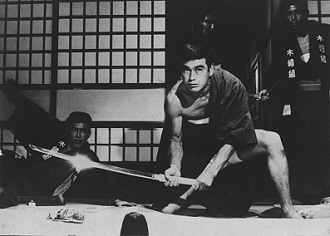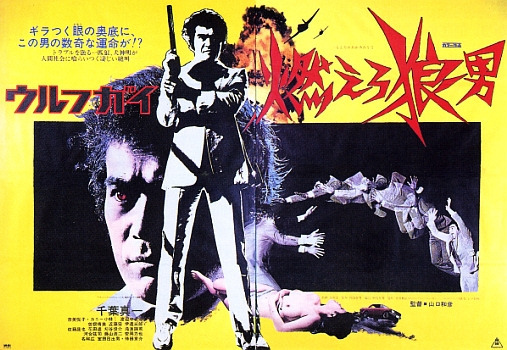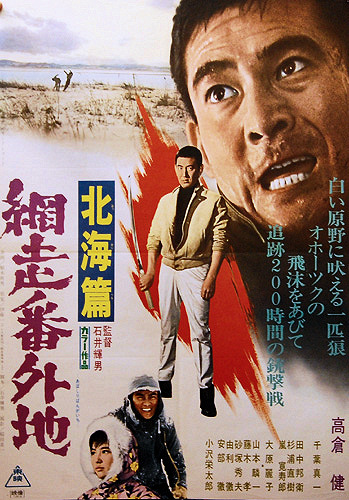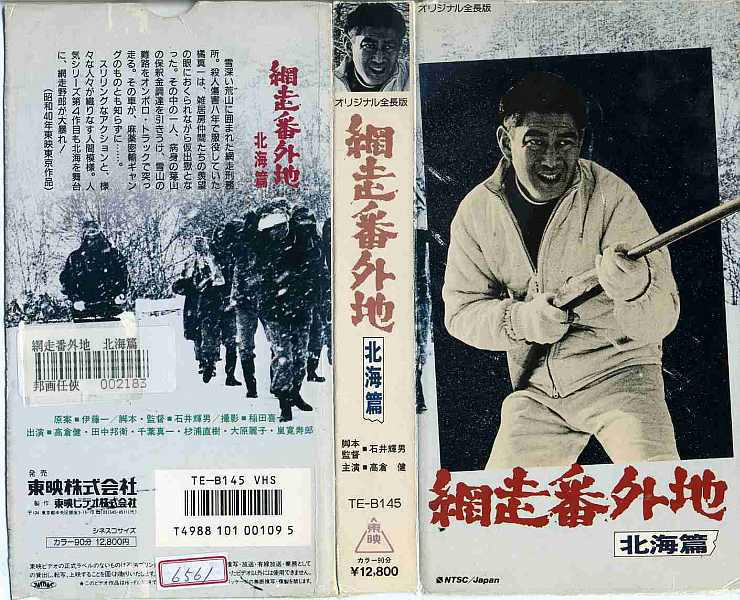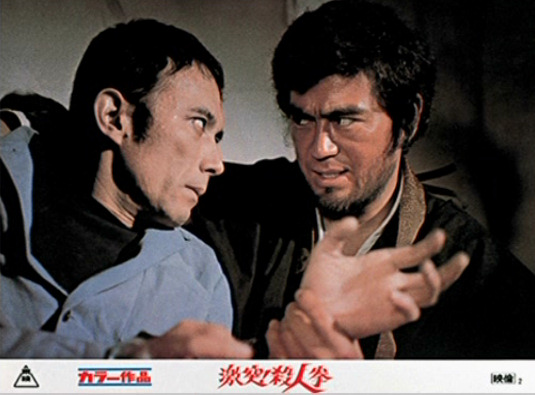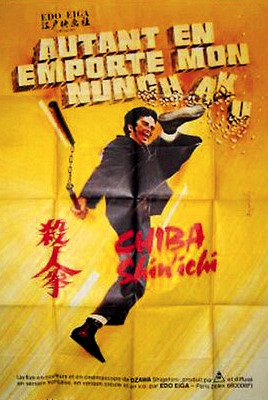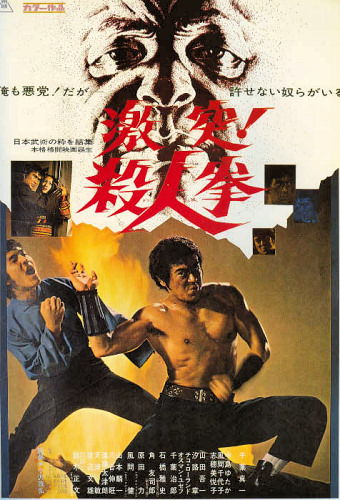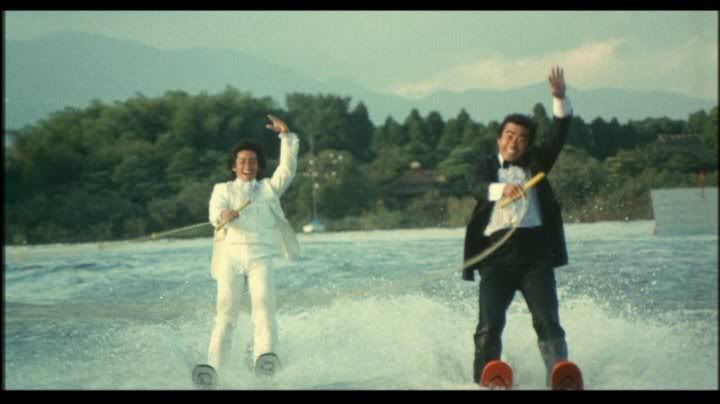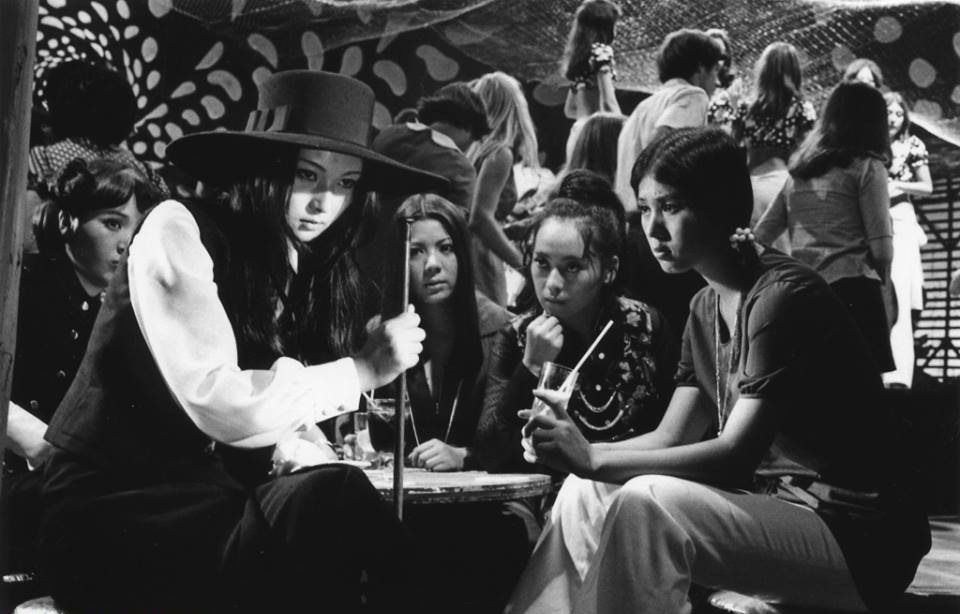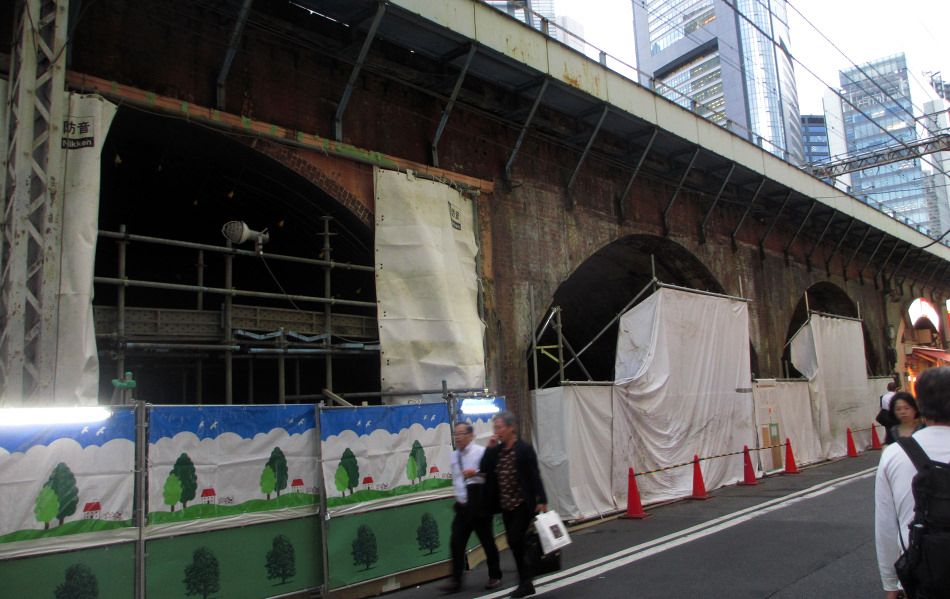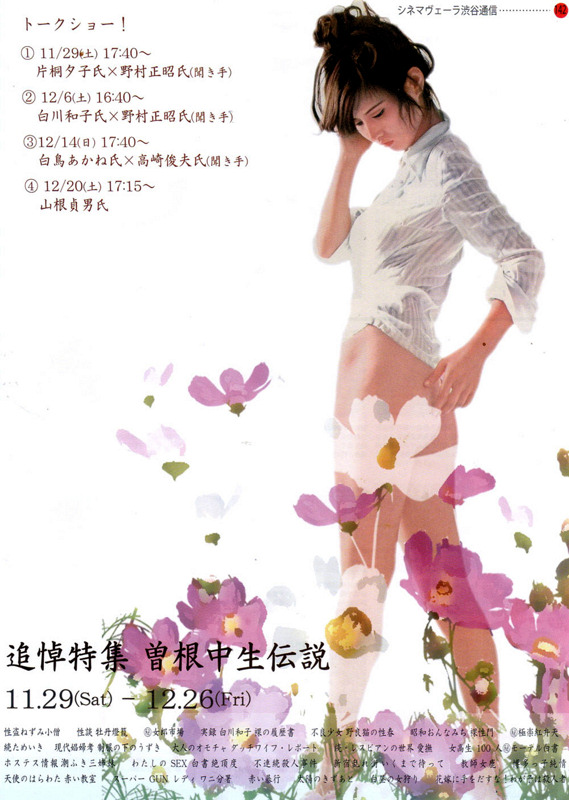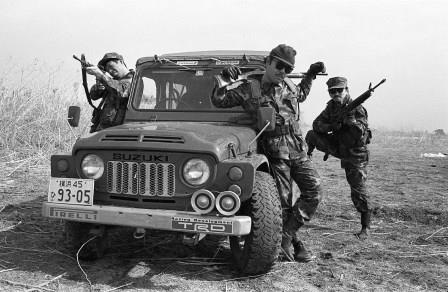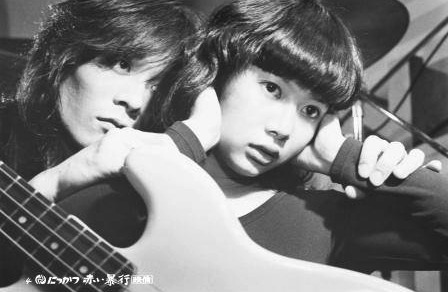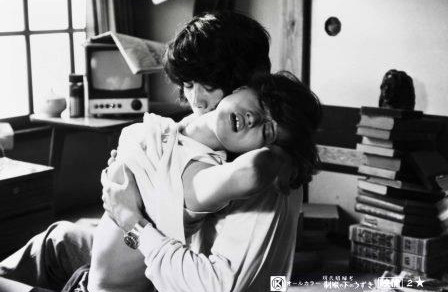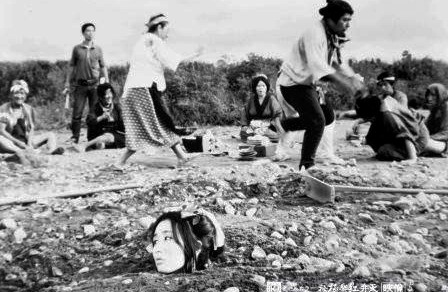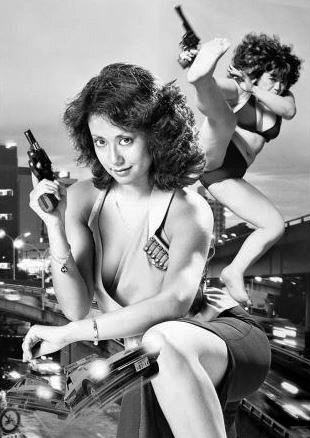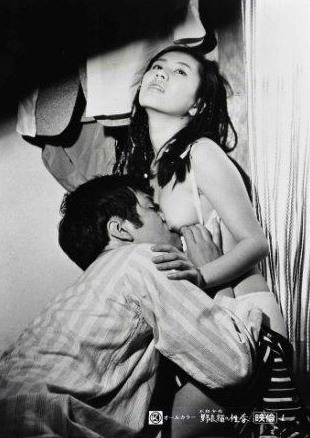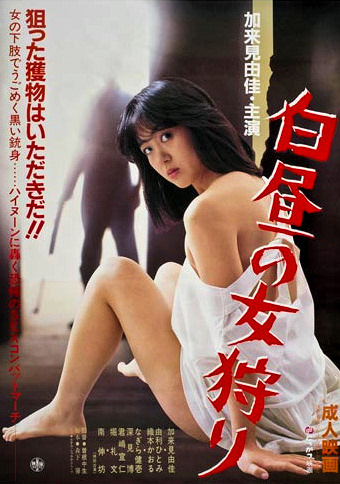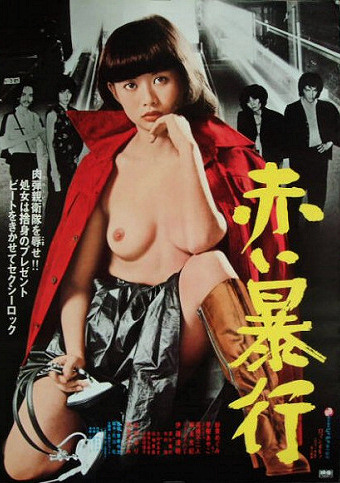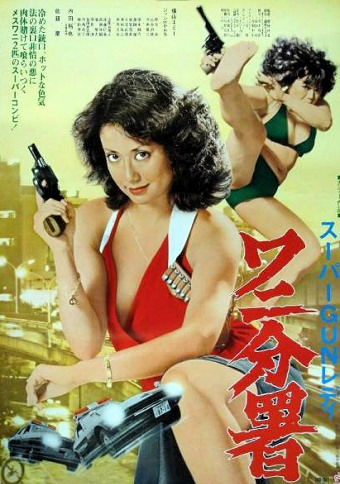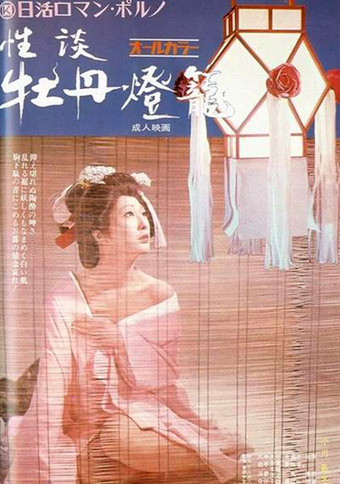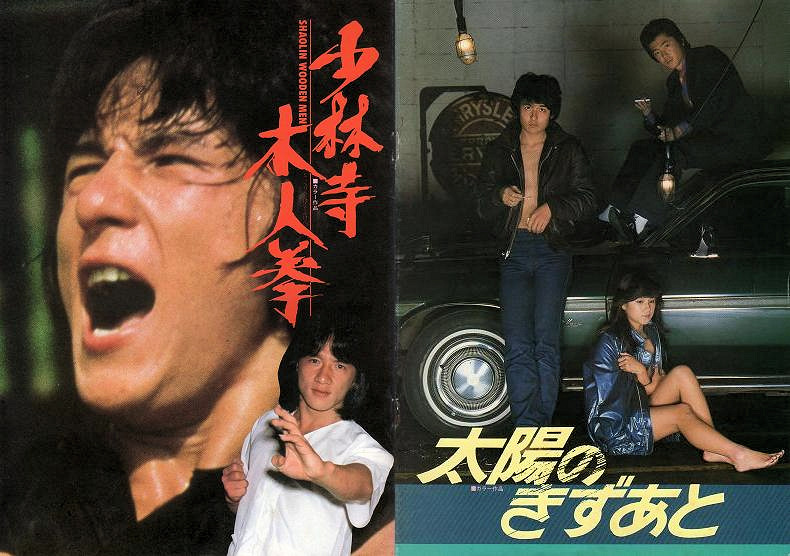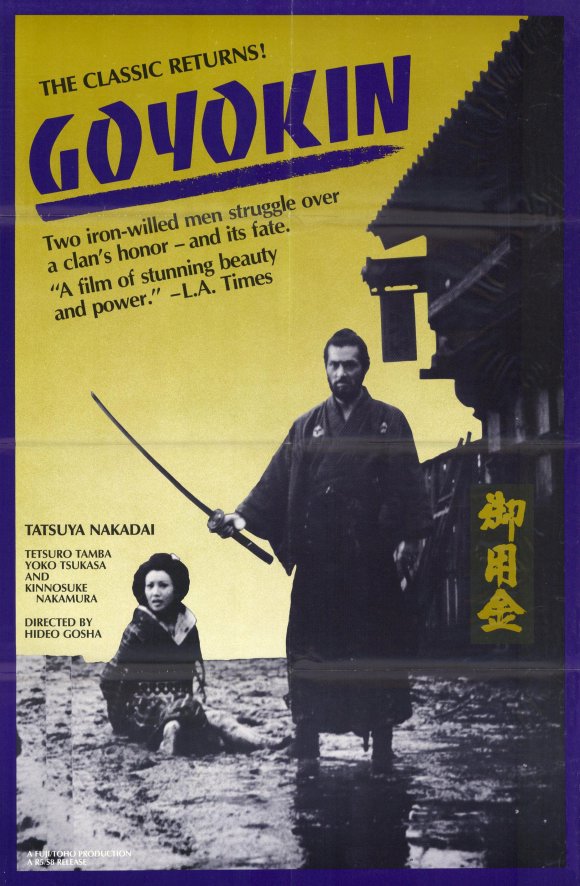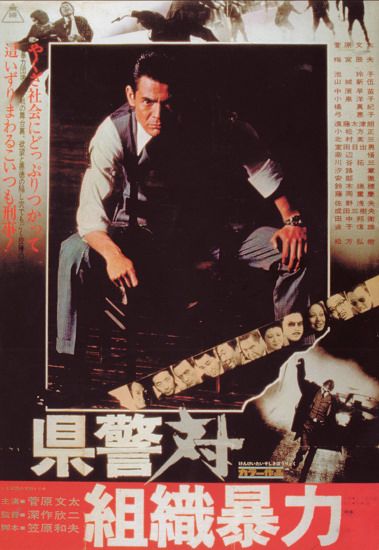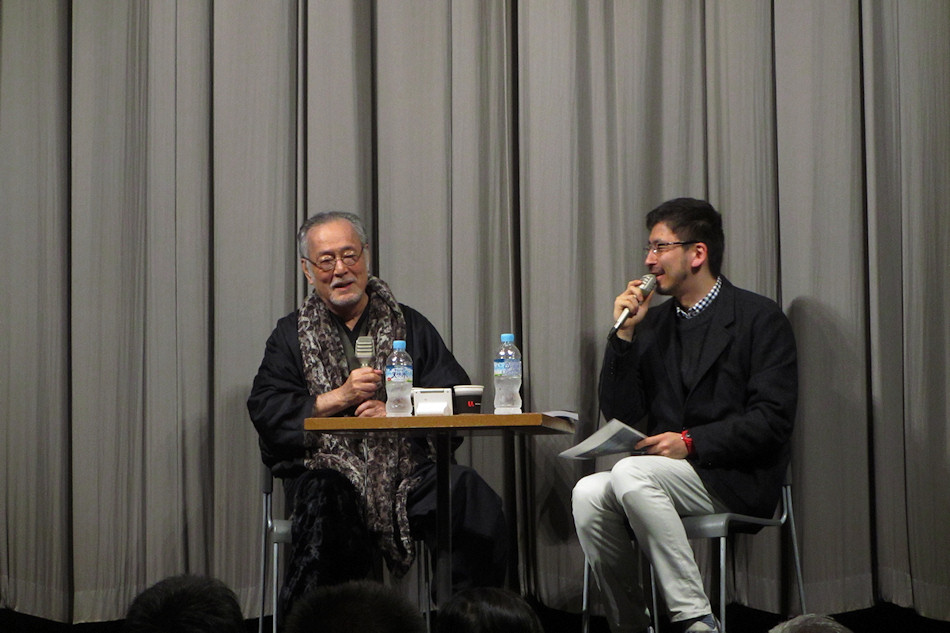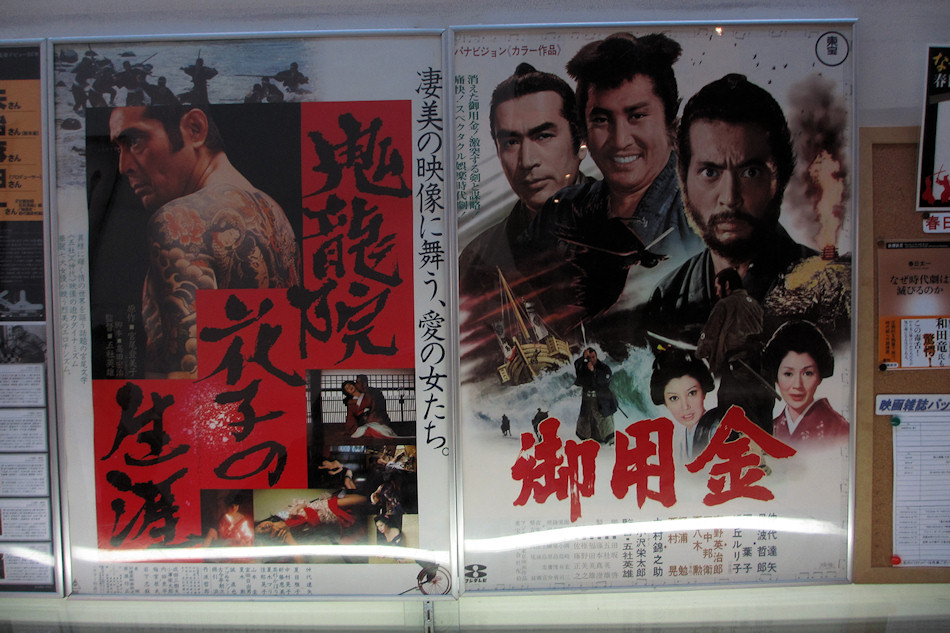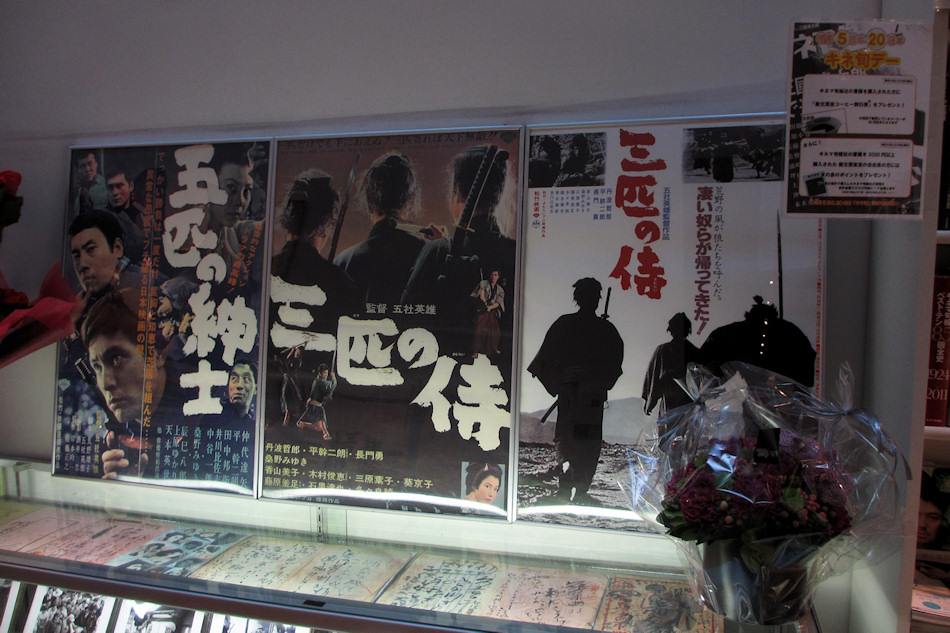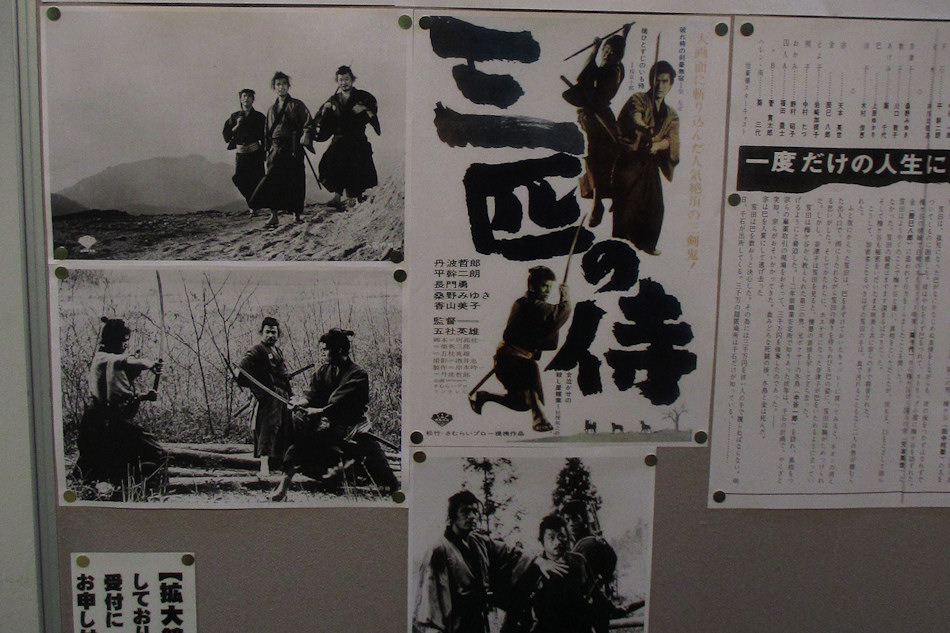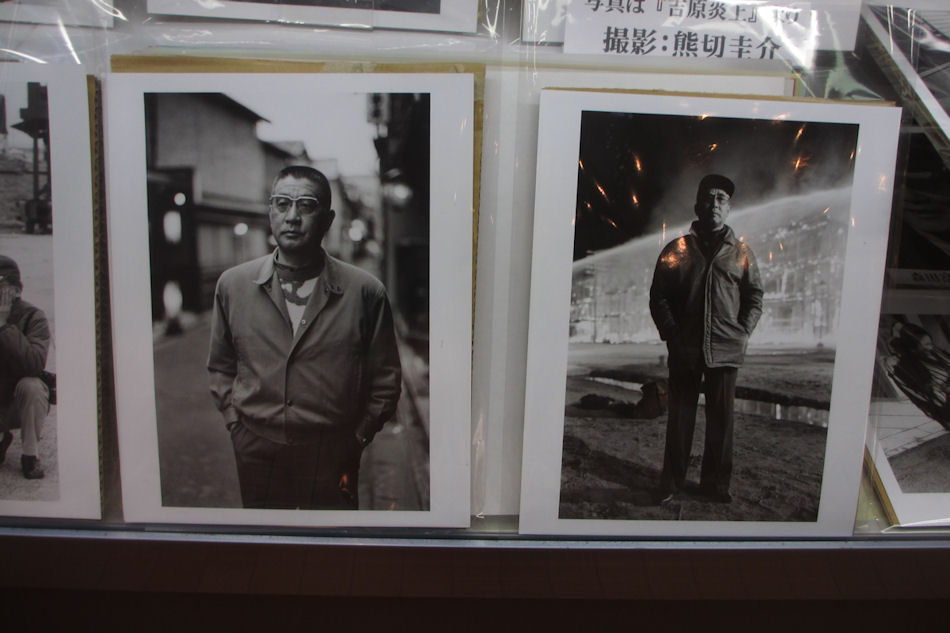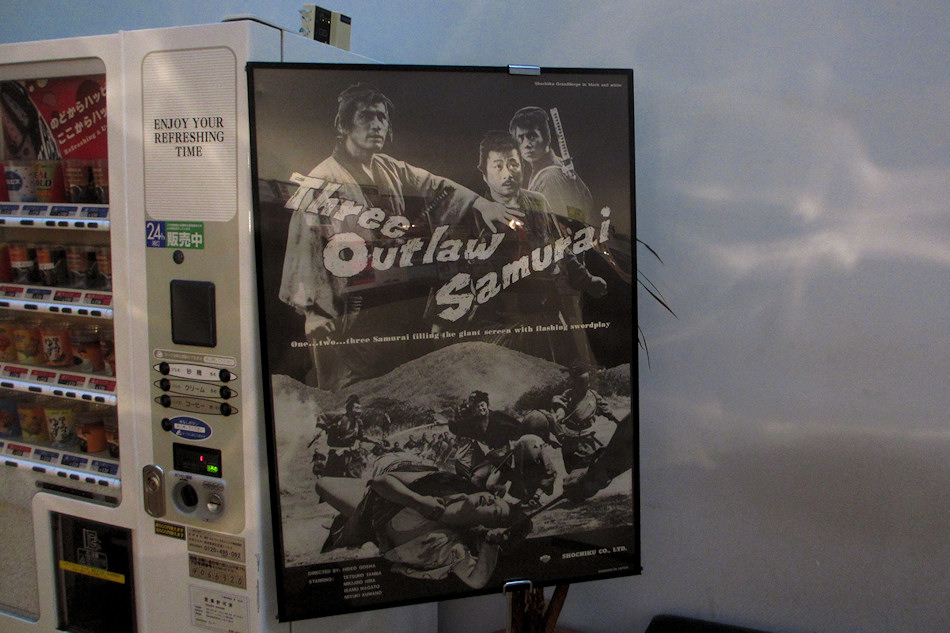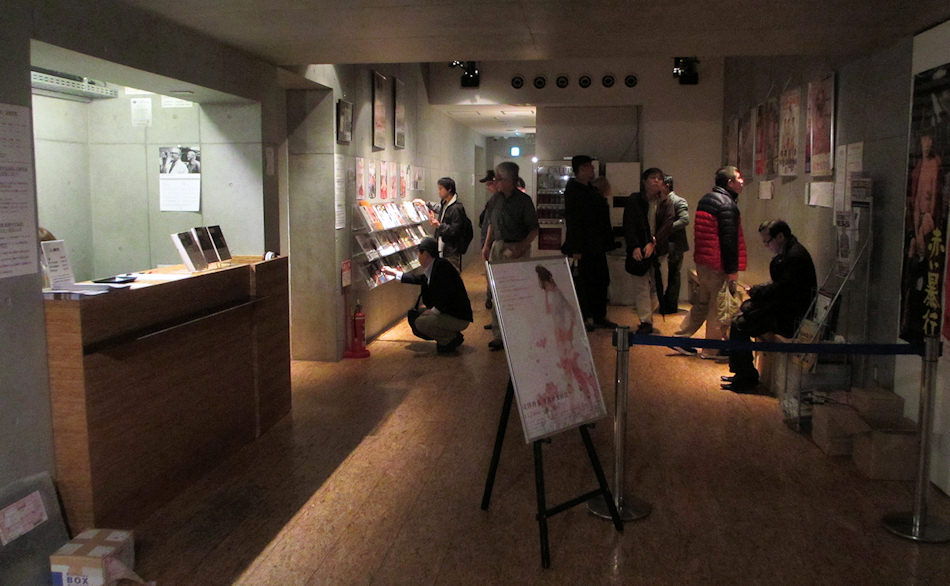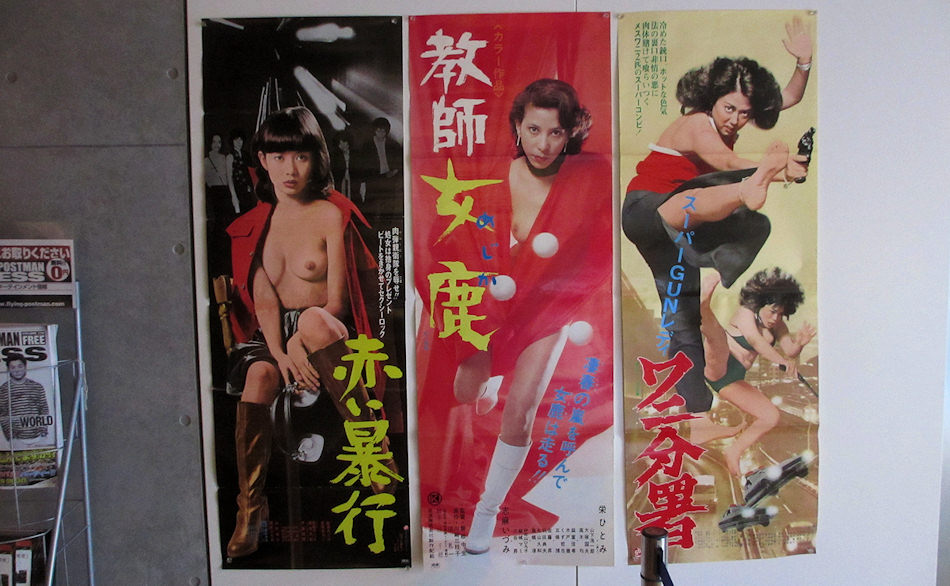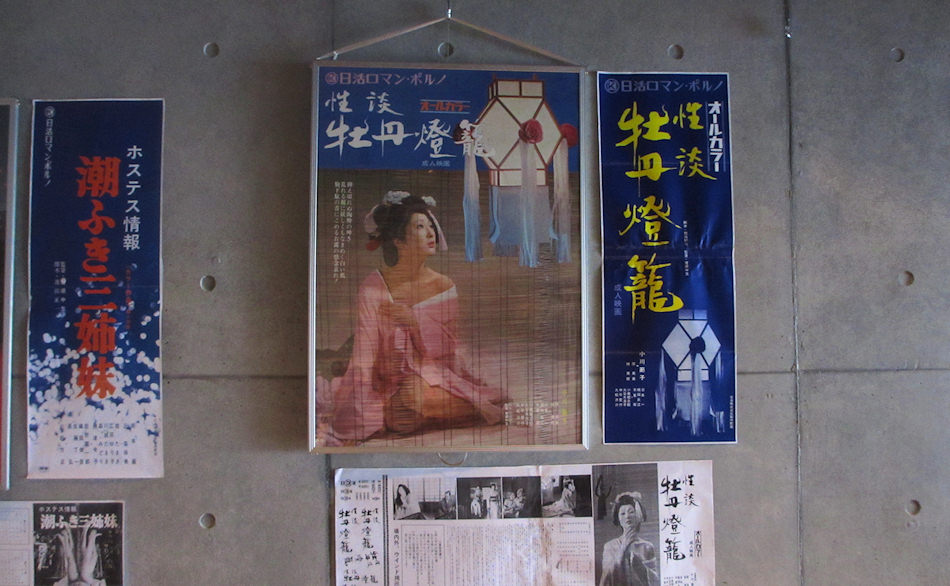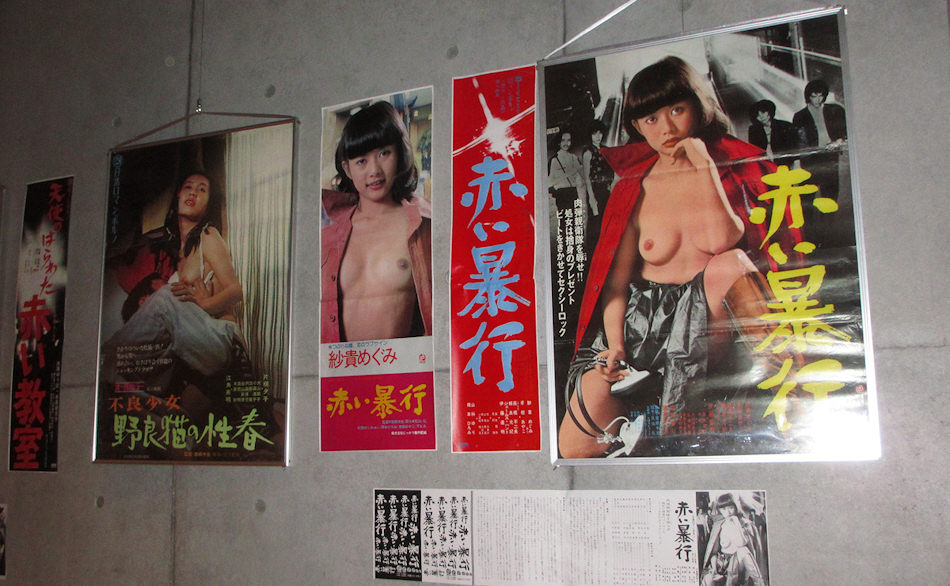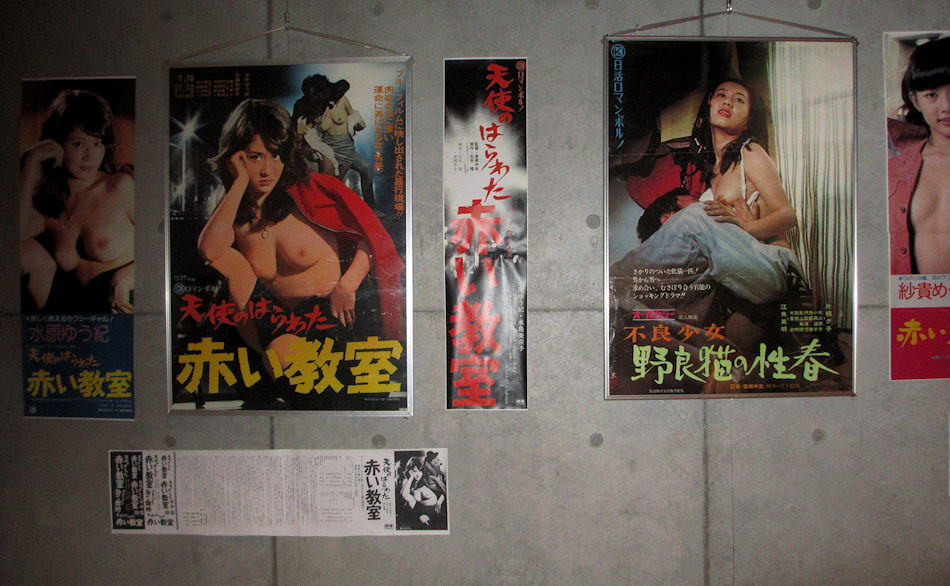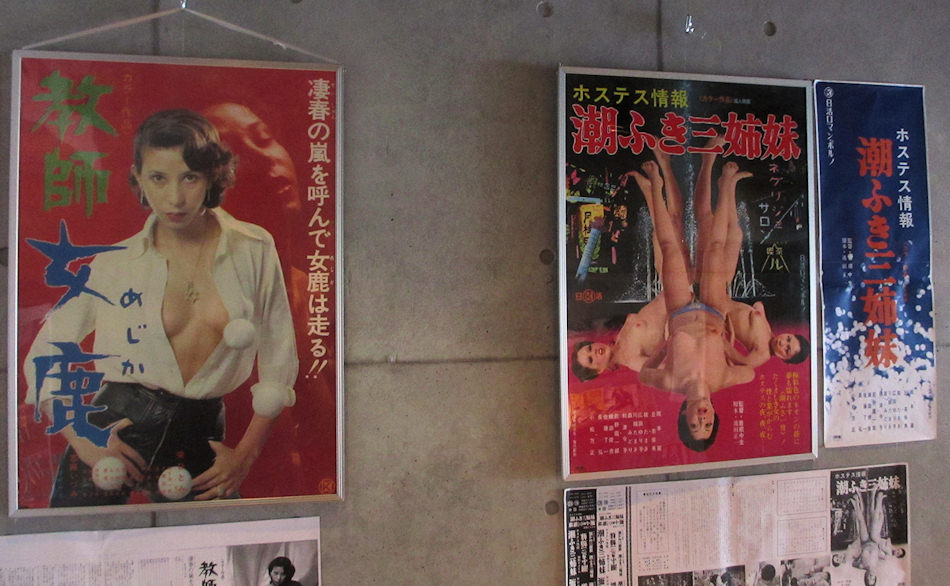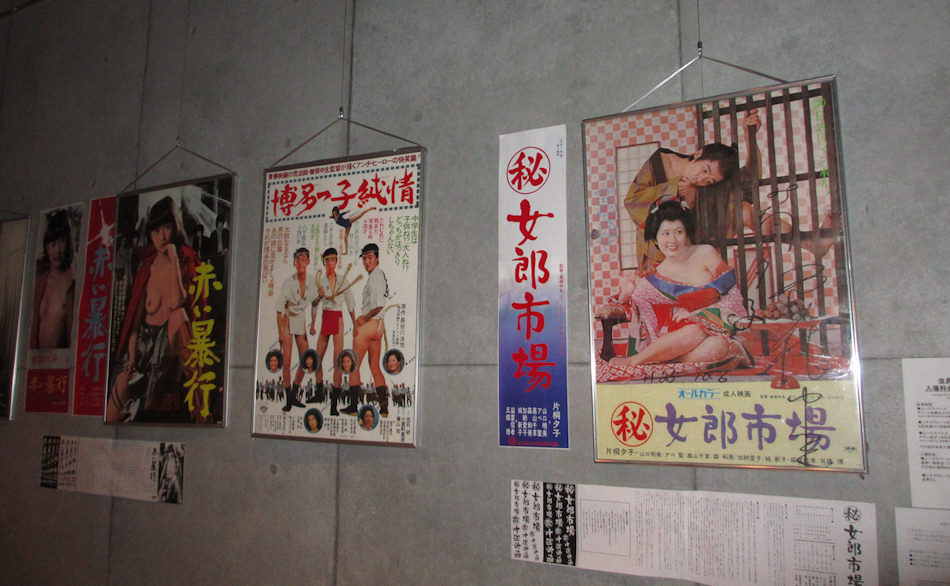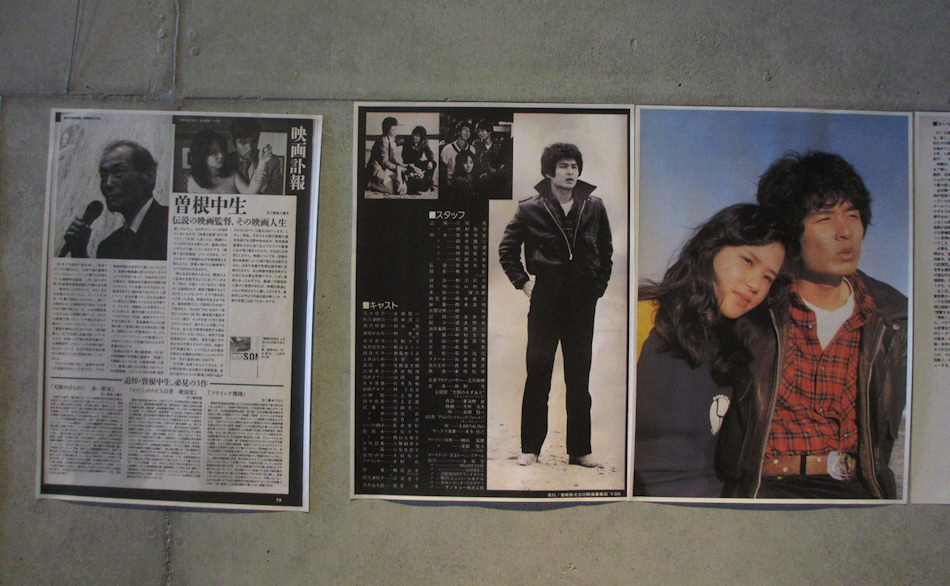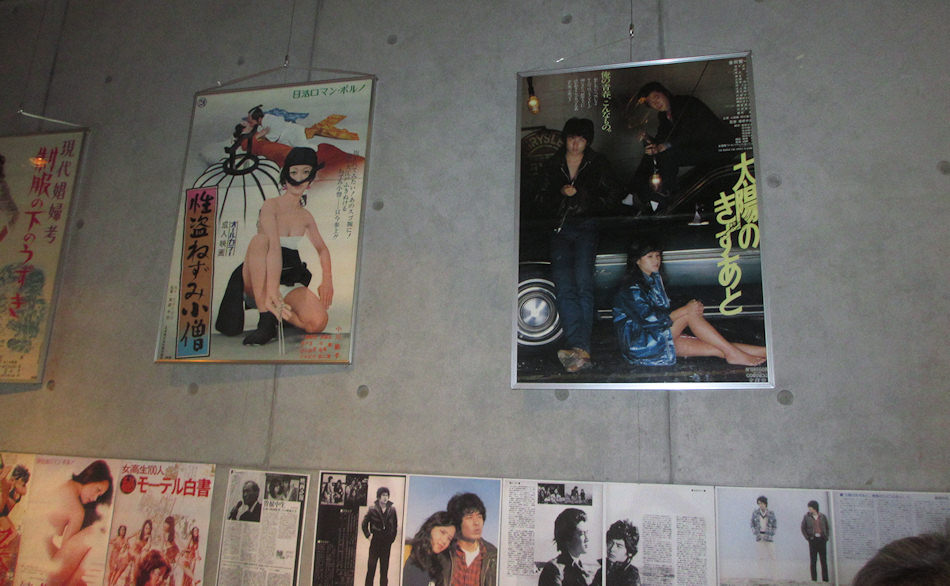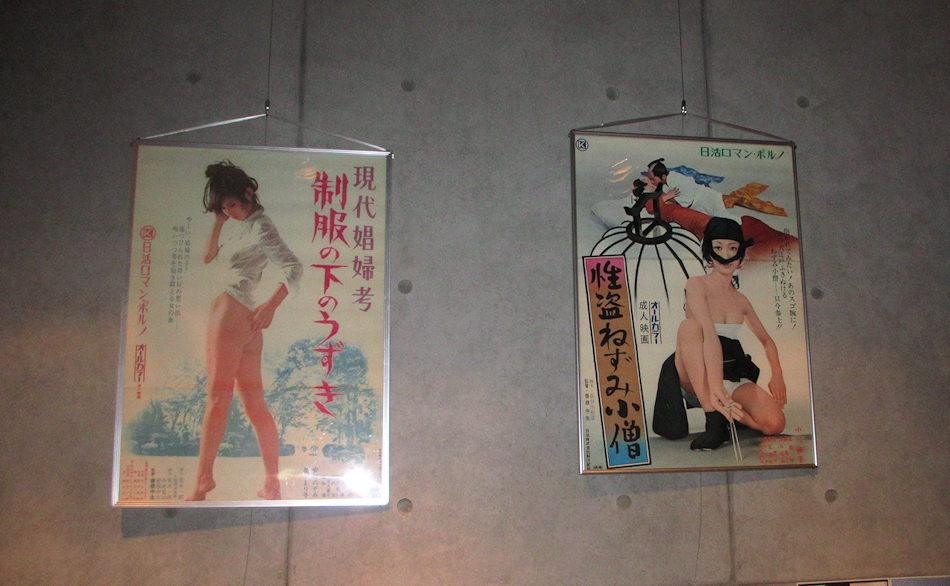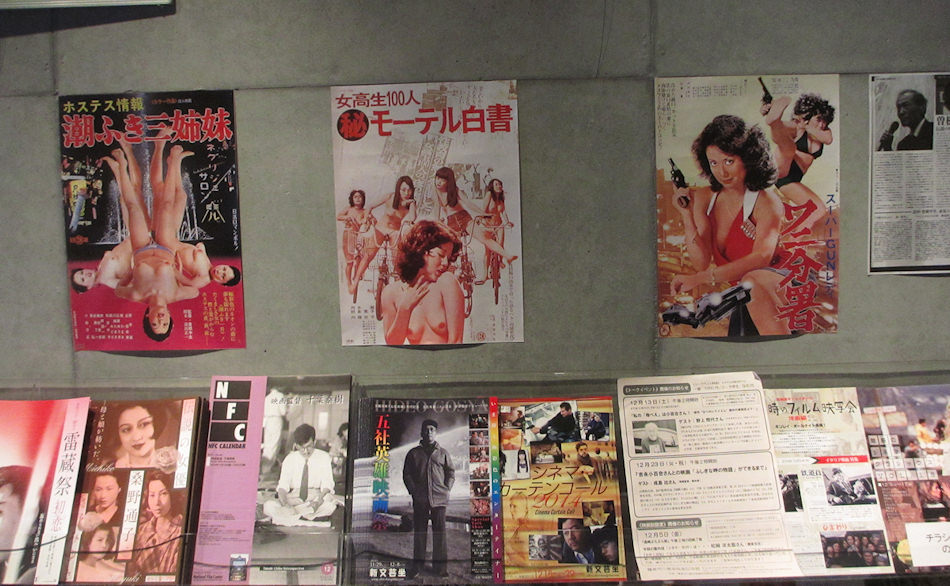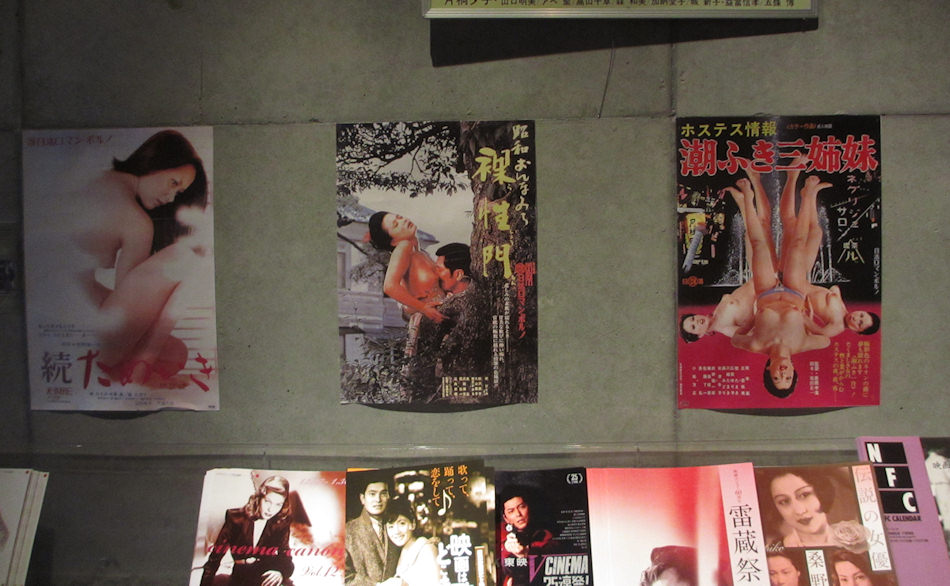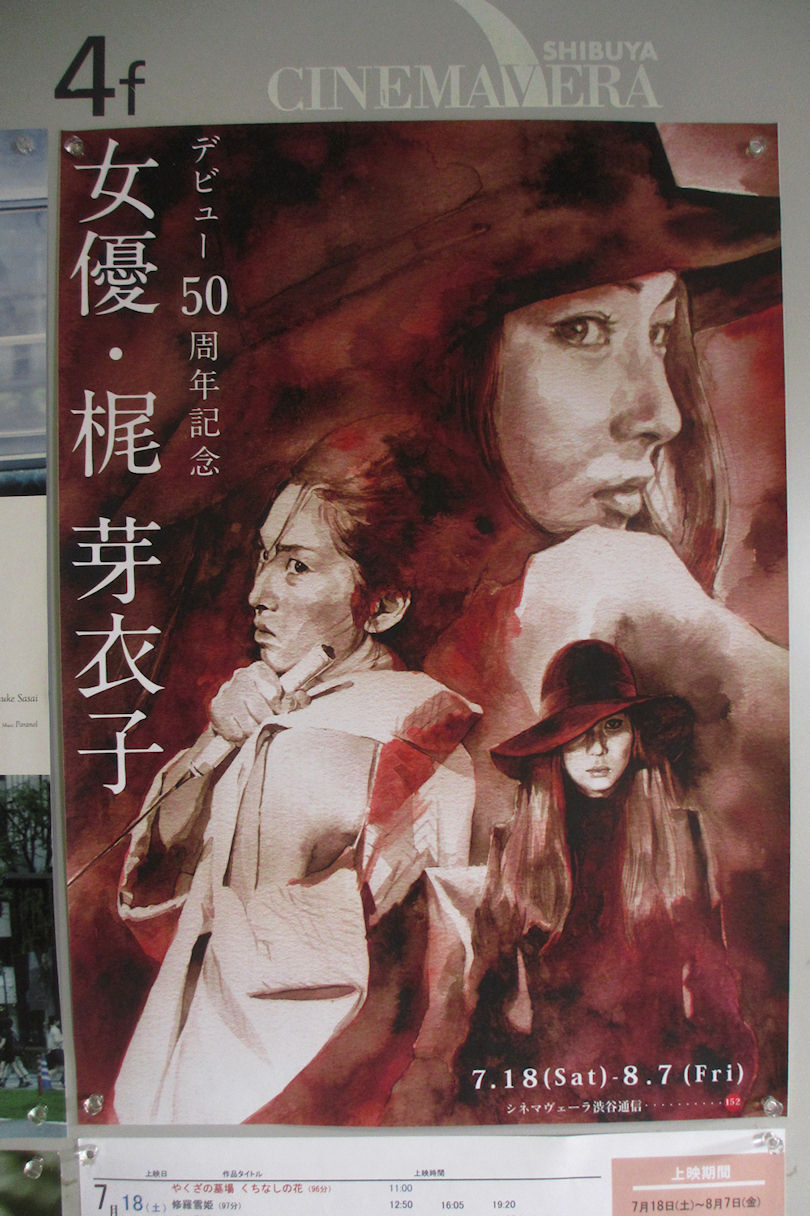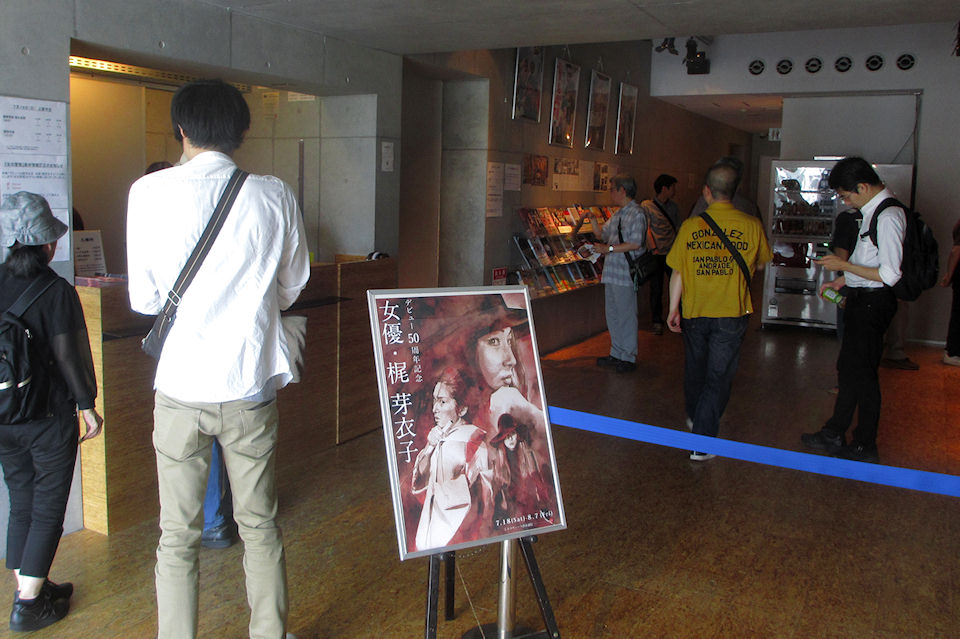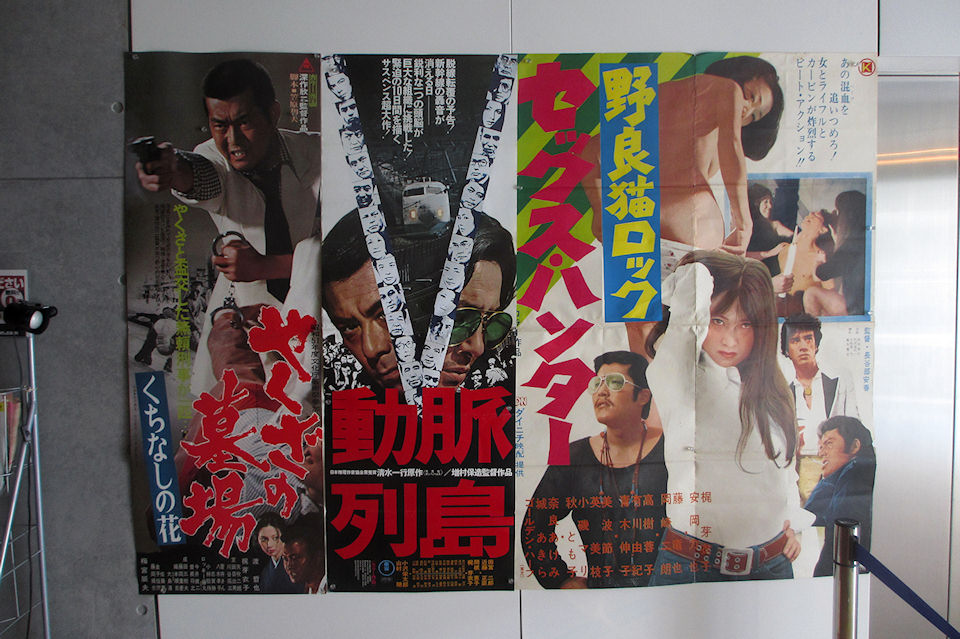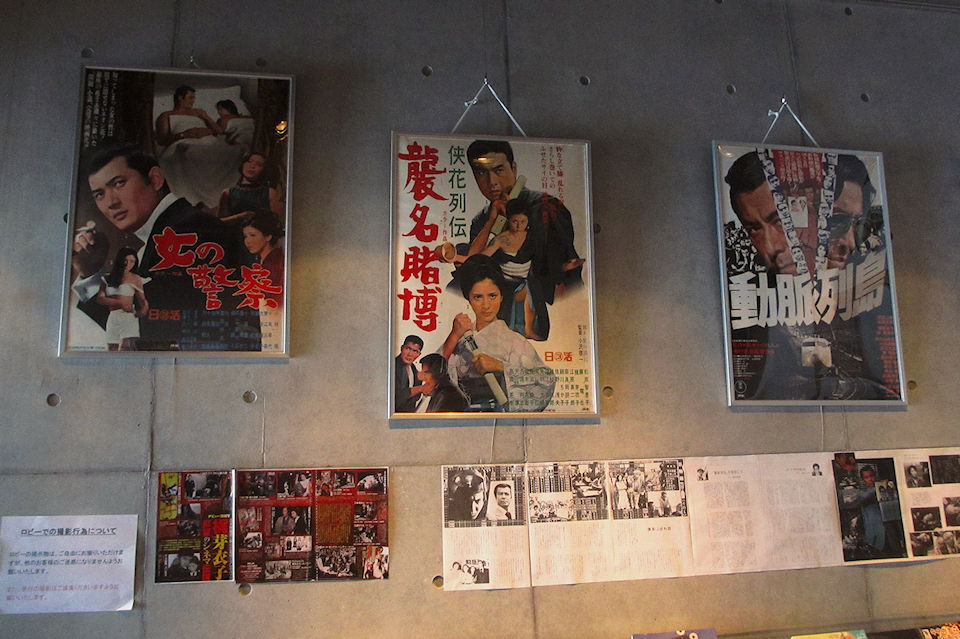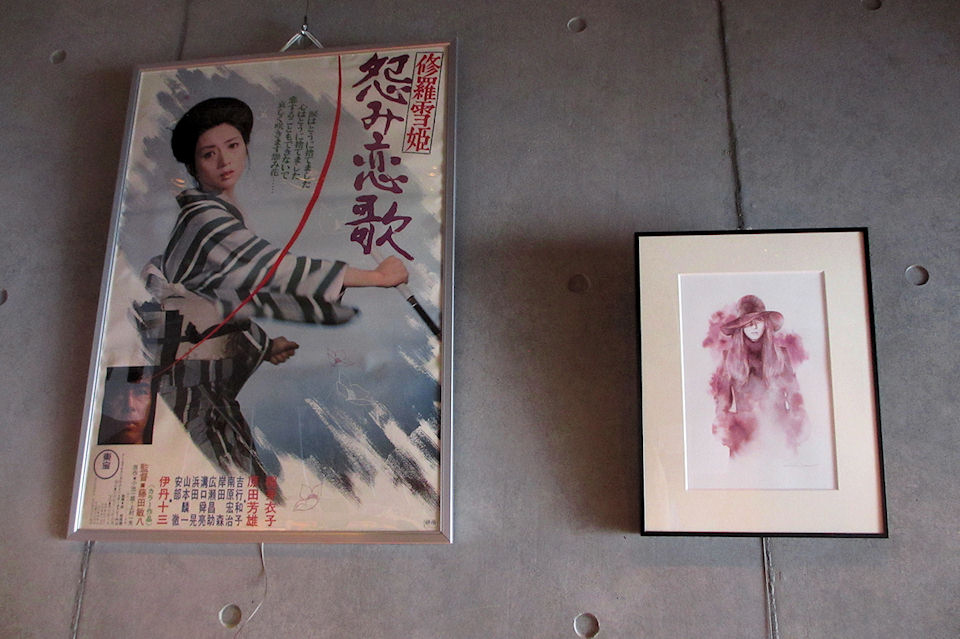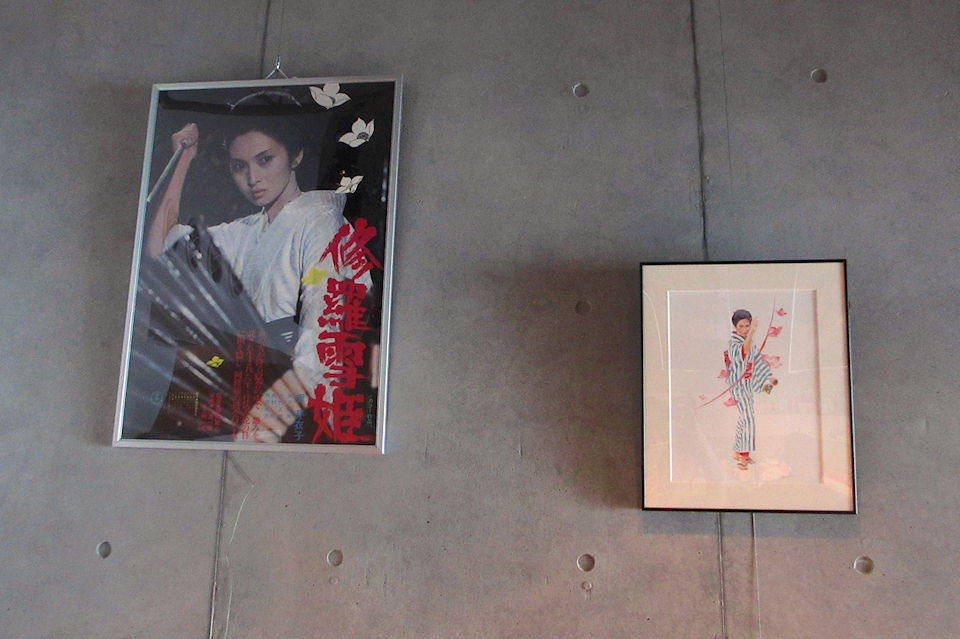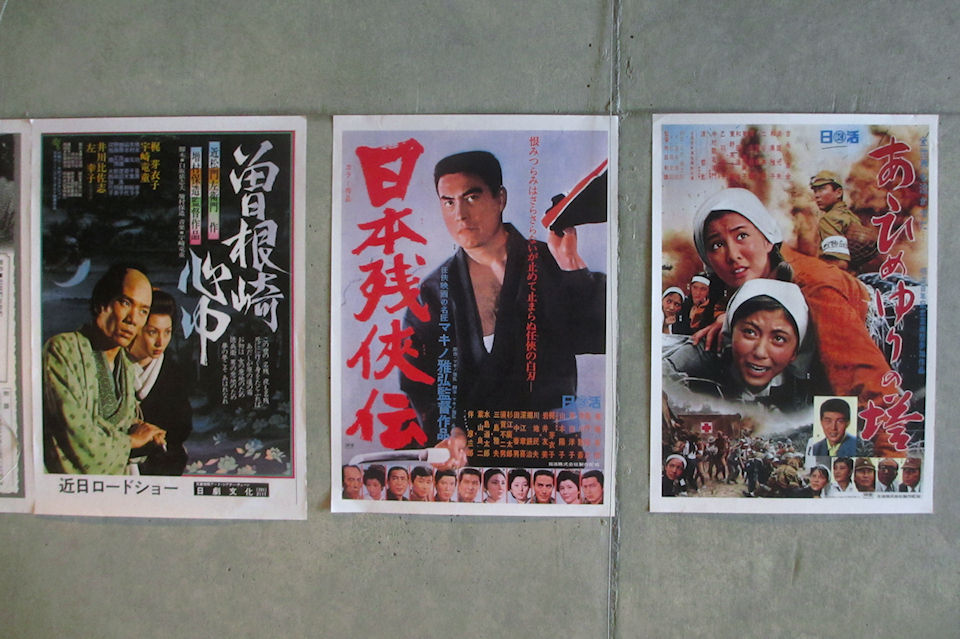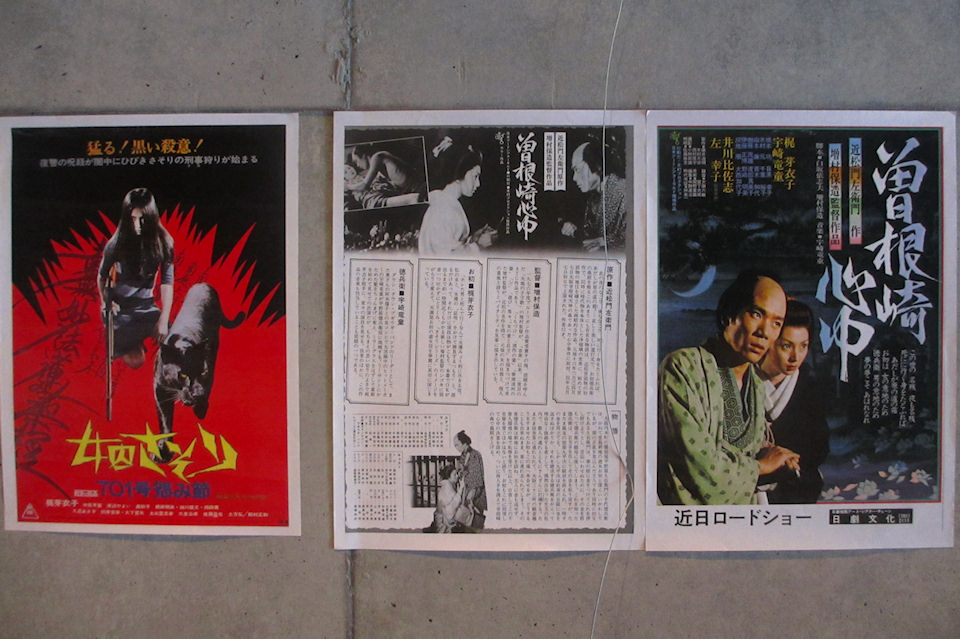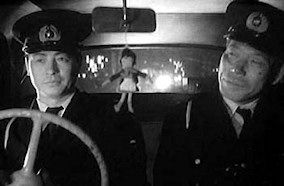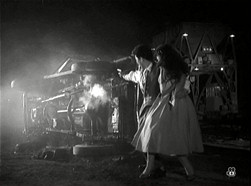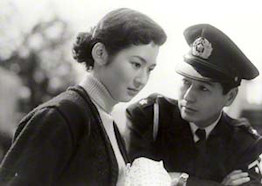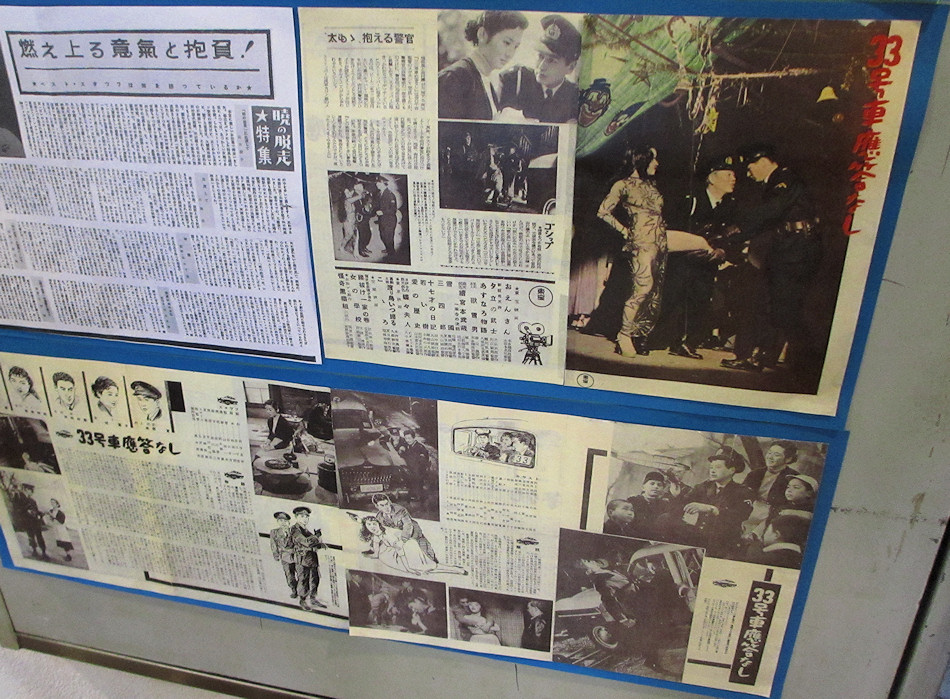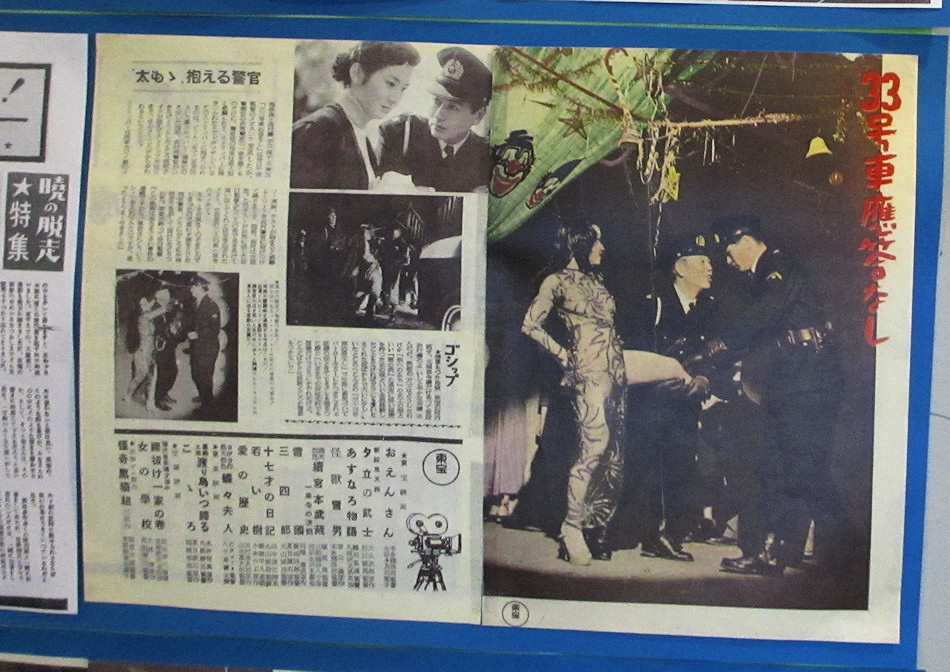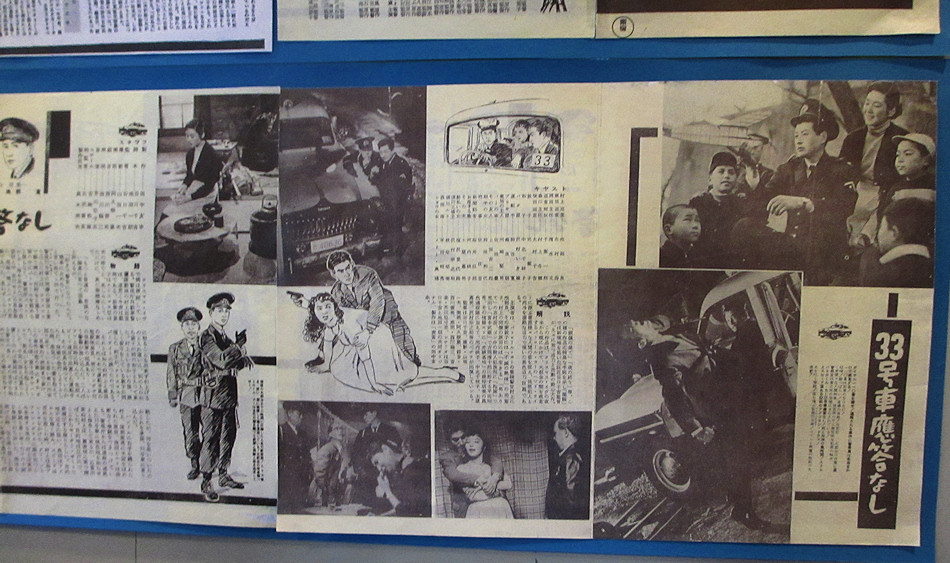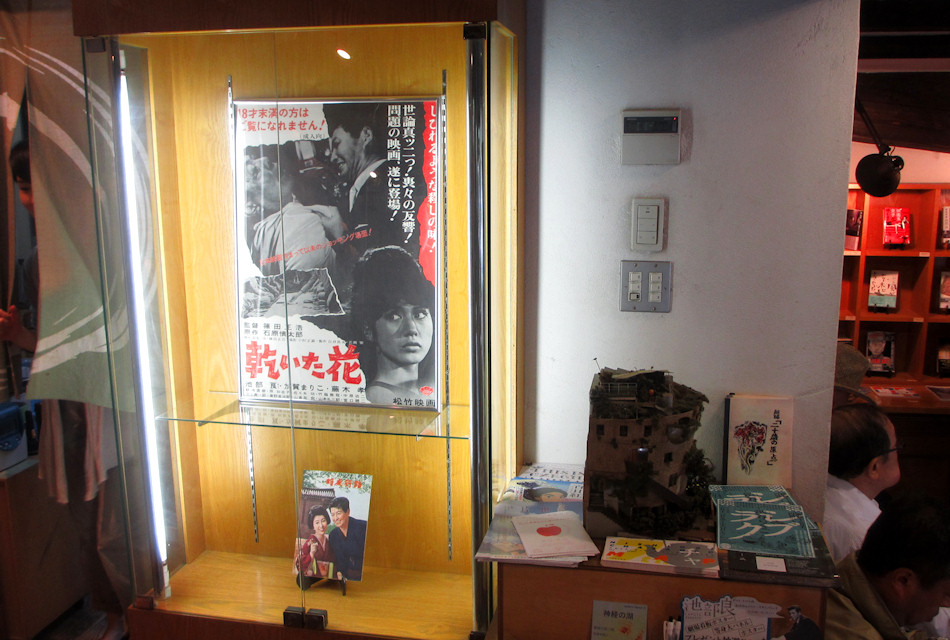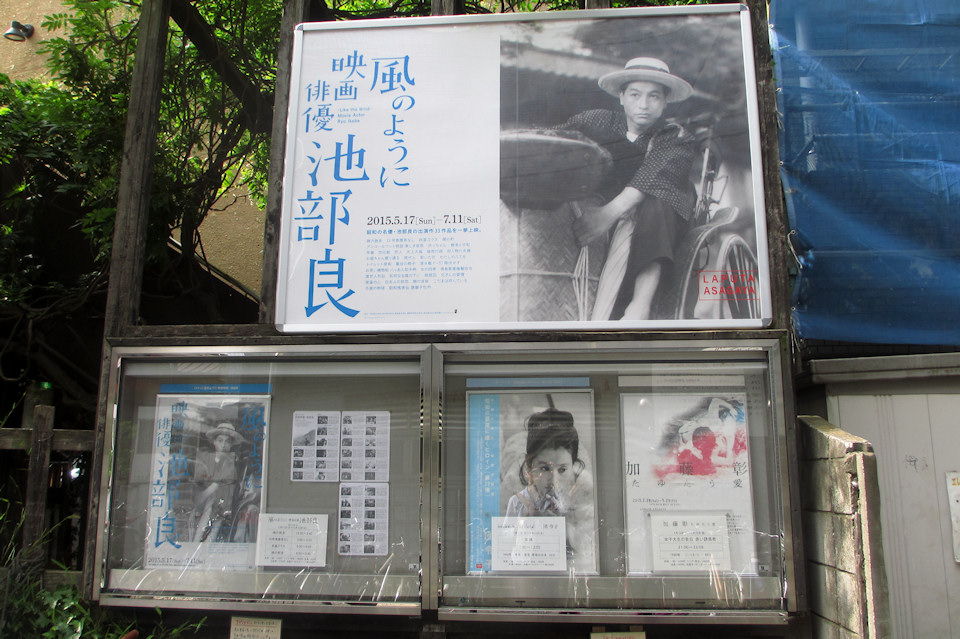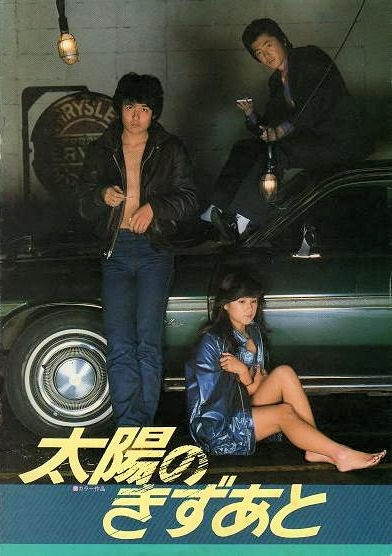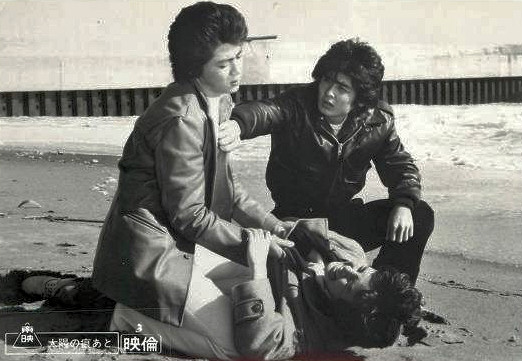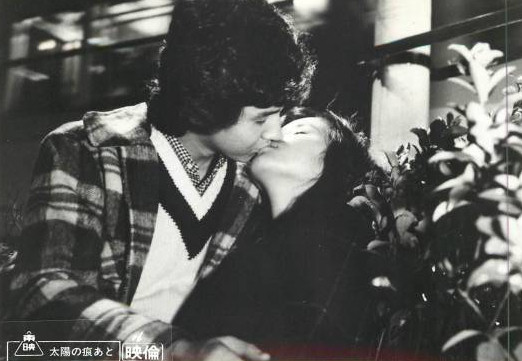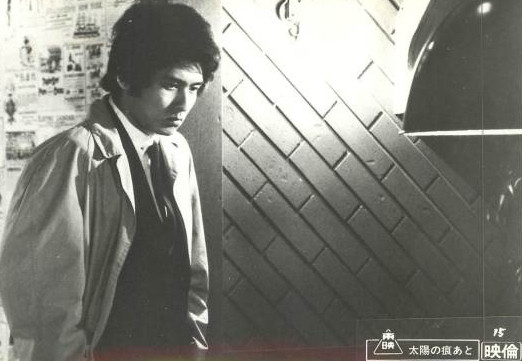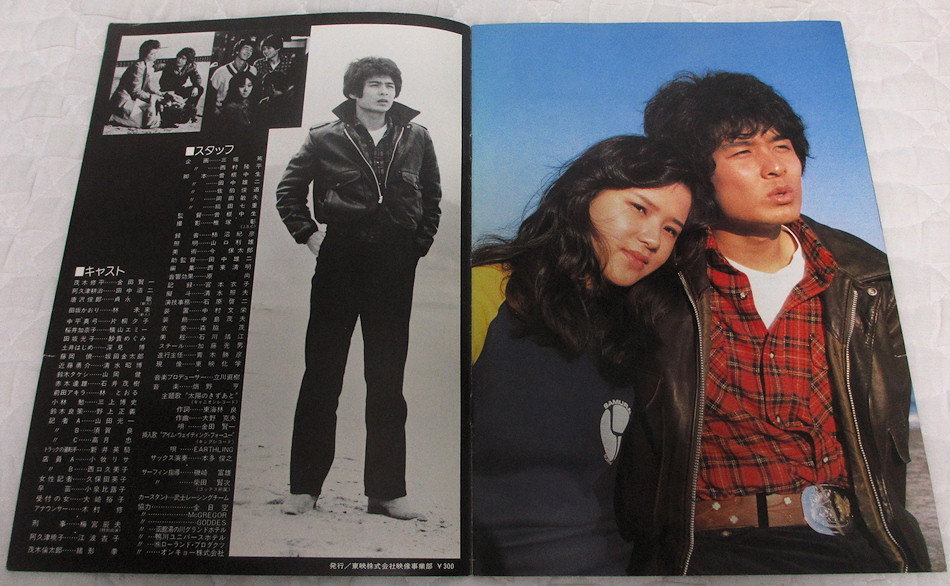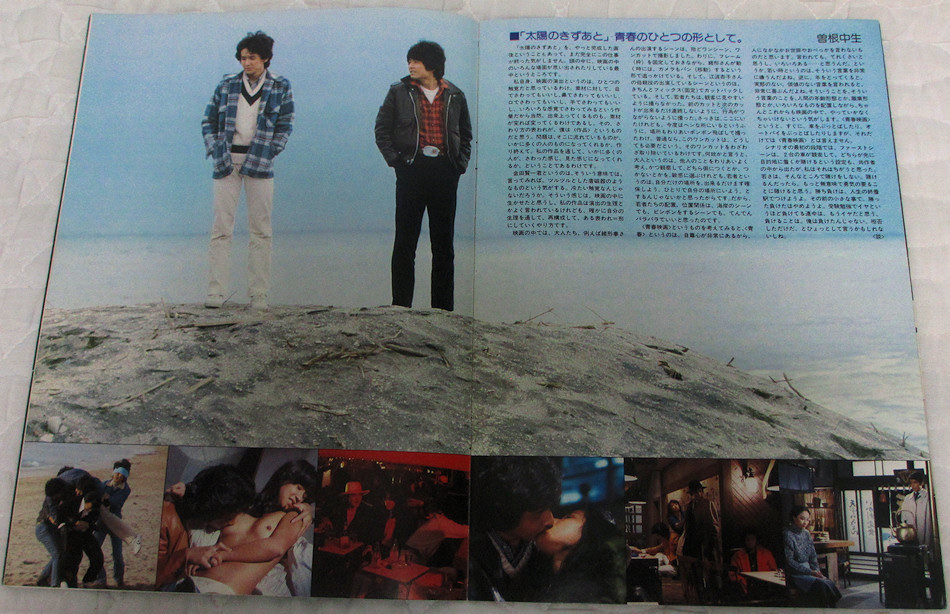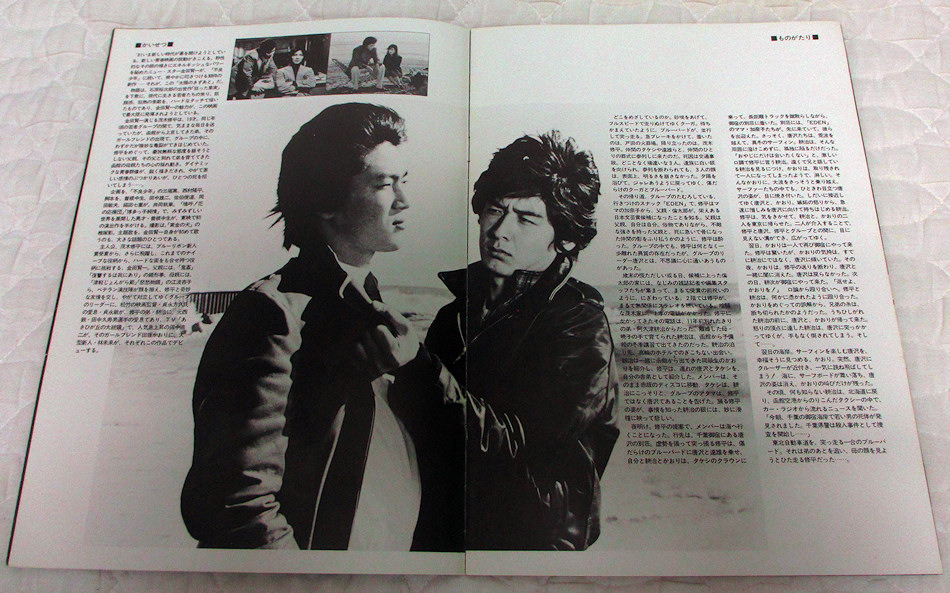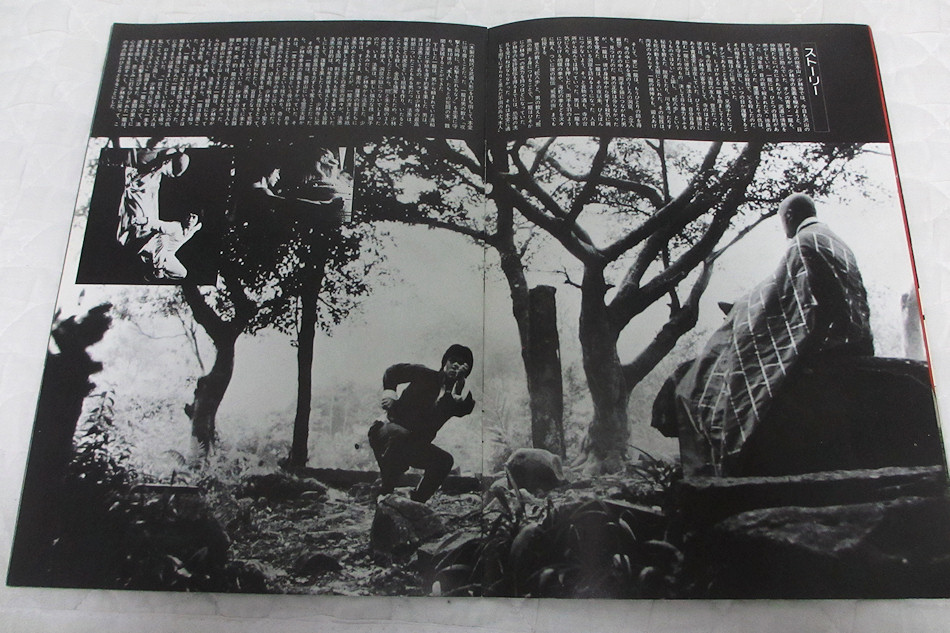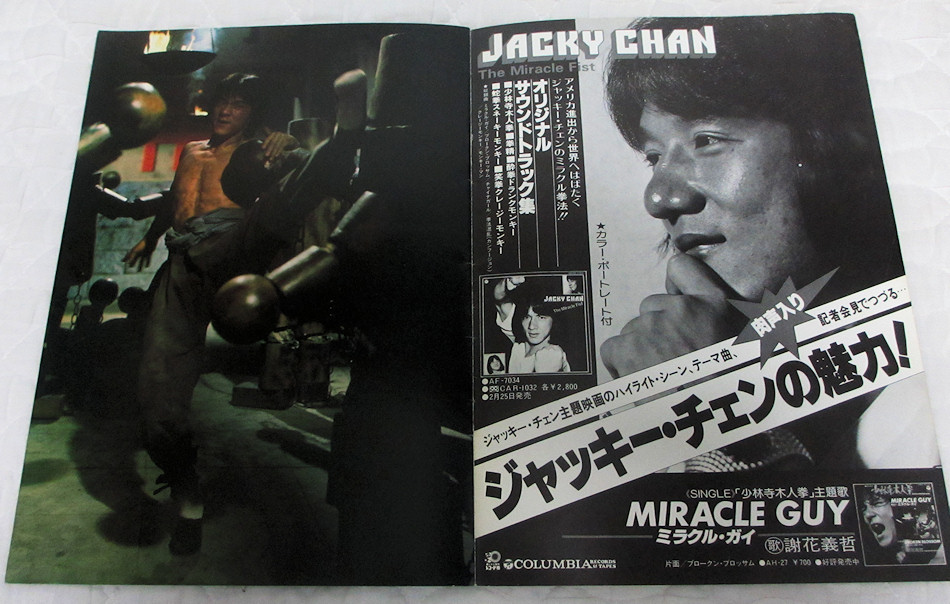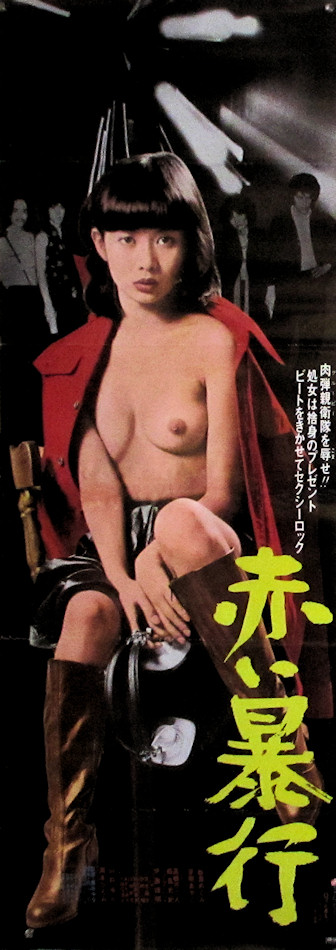Cinema Vera, Tokyo
June 14th – July 11

Although 2014 has been a fantastic year for film retrospectives in Tokyo (such as Art Theatre Guild and Norifumi Suzuki retrospectives), the highlight of the summer was no doubt Sonny Chiba film festival which played in Shibuya’s Cinema Vera. Cinema Vera had dedicated Chiba a 24 film retrospective which covered the first three decades of his career.
During the festival Cinema Vera played nothing but Chiba films for four weeks straight. Each day two films were screened back to back all day from 11 am to around 11 pm. Each of the films would also play again on a later date in case you missed the first day, meaning each film would have a total of 7- 10 screenings. All movies played from original 35mm prints, except for the TV production Tokyo Daijishin Magnitude 8.1 (1980), which screened from the original 16mm film.
The festival programme included not only popular classics like The Street Fighter (1974), but also rare gems like the superb action/noir Army Intelligence 33 (1968) and Wolfguy: Enraged Lycanthrope (1975), which is probably Chiba's best and most outrageous movie of all time (I watched it three times during the same day!). The selection demonstrated the diversity of Chiba’s career, which started already in the early 1960’s, and included not only action and martial arts films, but also samurai films, war movies, crime films and many other genres. In fact, as an actor Chiba might have been at his best in the early 1960’s when he played mainly good guy roles and demonstrated some amazing energy.
The theatre in which the films screened, Cinema Vera, focuses on film retrospectives (past series include Teruo Ishii, Masao Adachi, Yasuharu Hasebe and Noboru Nakamura). One of the coolest aspects is that they always do fantastic job decorating the lobby with original posters from the movies. Every week there were new posters on display, including Wolfguy: Enraged Lycanthrope (1975), Karate Bullfighter (1975), Message from Space (1978), Okinawa 10 Year War (1978), Samurai Reincarnation (1981) and many more.
The real highlight of the festival was, of course, Chiba himself. The 75 year old actor attended the festival during its first day. Chiba held a 40 minute talk event, answered questions in a Q&A, and greeted fans after the event in the theatre lobby. I’m glad to report Chiba was an absolute gentleman without a smallest sign of arrogance. He talked with fans, asked for their opinions, gave autographs, and took photos with fans. My best memory is probably how (after already having asked Chiba a question during the Q&A and taken a photo with him) he came to me on his way out, shook hands and thanked me for coming to the event.
I was also glad to see the festival was obviously a success. Although old school theatres are closing one after another these days Chiba festival seemed to attract many people. A lot of people showed up and there were many viewers even during weekday mornings. I spent a total of 10 days (three extended weekends) at the festival and caught 20 of the 24 films that played. I’ll be reporting day by day, although the report may change its form a little bit as it goes on.
List of Films Screened at the Festival:
Hepcat in the Funky Hat (Kinji Fukasaku, 1961)
The Escape (Niniroku Jiken Dasshutsu) (Tsuneo Kobayashi, 1962)
Gambler Tales of Hasshu: A Man's Pledge (Masahiro Makino, 1963)
Abashiri Prison 4: Northern Seacost Story (Teruo Ishii, 1965)
Kamikaze Man: Duel at Noon (Kinji Fukasaku, 1966)
Game of Chance (Samurai’s Lullaby) (Ryuchi Takamori, 1966)
Army Intelligence 33 (Tsuneo Kobayashi, 1968)
Memoir of Japanese Assassins (Sadao Nakajima, 1969)
Bodyguard Kiba (Ryuichi Takamori, 1973)
The Street Fighter (Shigero Ozawa, 1974)
The Executioner 2: Karate Inferno (Teruo Ishii, 1974)
Wolfguy: Enraged Lycanthrope (Kazuhiko Yamaguchi, 1975)
Bullet Train (Junya Sato, 1975)
Karate Bullfighter (Kazuhiko Yamaguchi, 1975)
Karate Warriors (Kazuhiko Yamaguchi, 1976)
Jail Breakers (Dasso Yugi) (Kosaku Yamashita, 1976)
Okinawa Yakuza War (Sadao Nakajima, 1976)
Karate for Life (Kazuhiko Yamaguchi, 1977)
Message From Space (Kinji Fukasaku, 1978)
Okinawa 10 Year War (Akinori Matsuo, 1978)
Swords of Vengeance (Kinji Fukasaku, 1978)
G.I. Samurai (Kôsei Saitô, 1979)
Tokyo Daijishin Magnitude 8.1 (Kiyoshi Nishimura, 1980)
Samurai Reincarnation (Kinji Fukasaku, 1981)
Return of the Street Fighter (1974), Karate Bullfighter (1975), Karate Warriors (1976)

Top Middle: Bodyguard Kiba (1973) and The Escape (1962)

Two posters for The Fall of Ako Clan Castle
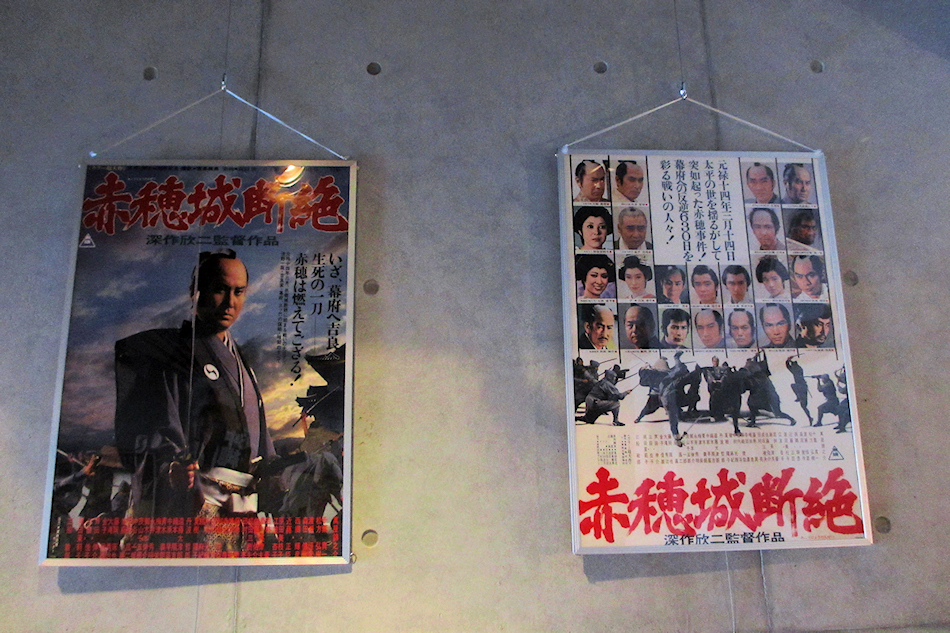
Bullet Train (1975) and Jail Breakers (1976)

Karate for Life (1977)

Message from Space (1978)
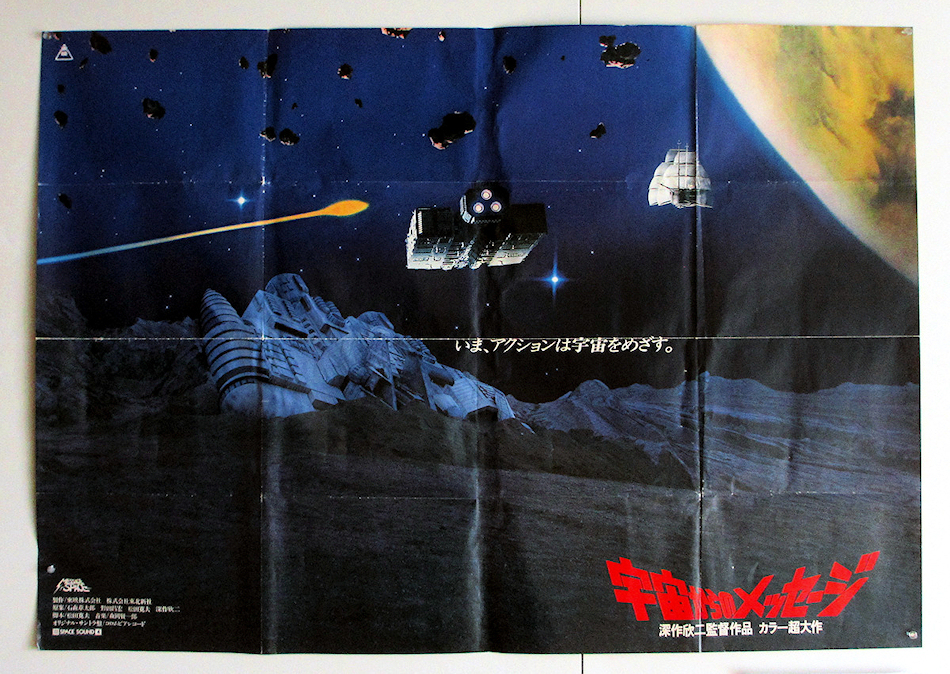
Bodyguard Kiba (1973( (top) and Yakuza Deka: Poison Gas Affair (1971) (bottom)
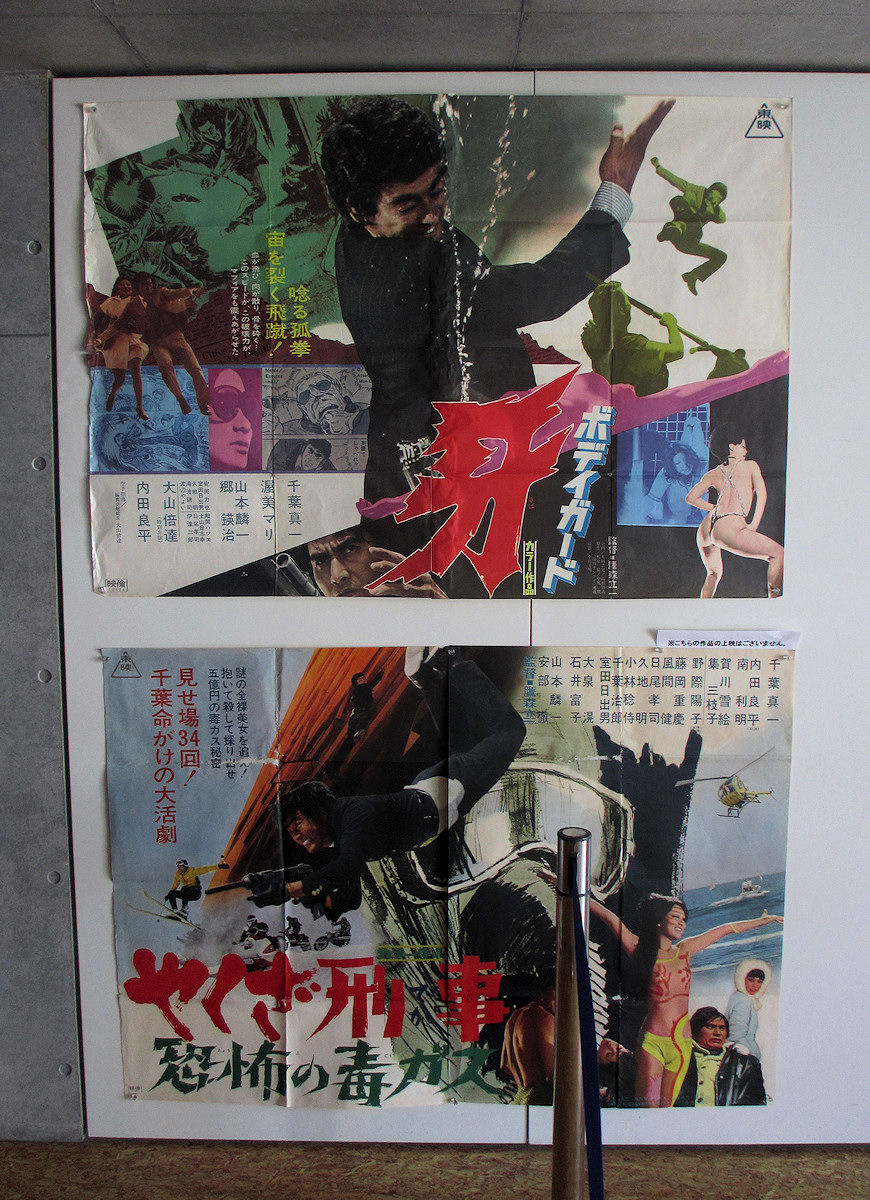
G.I. Samurai
